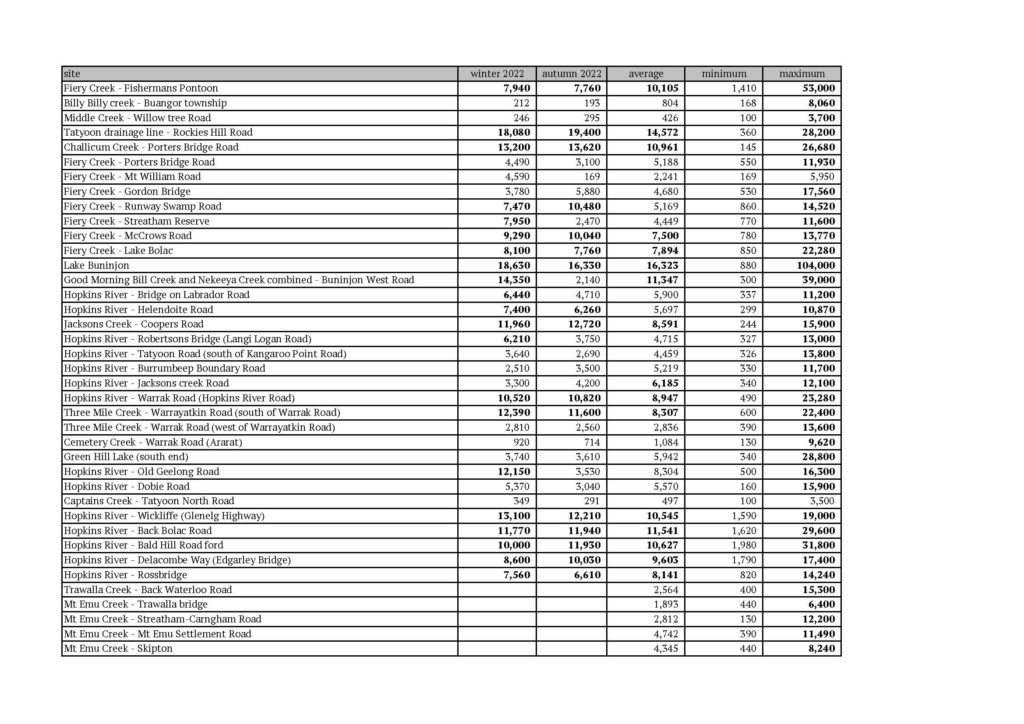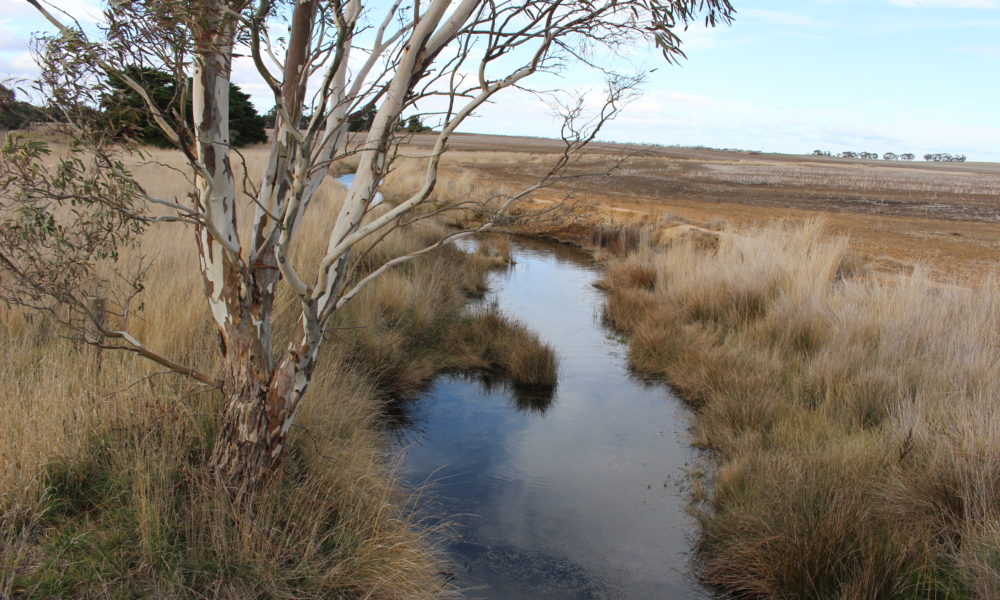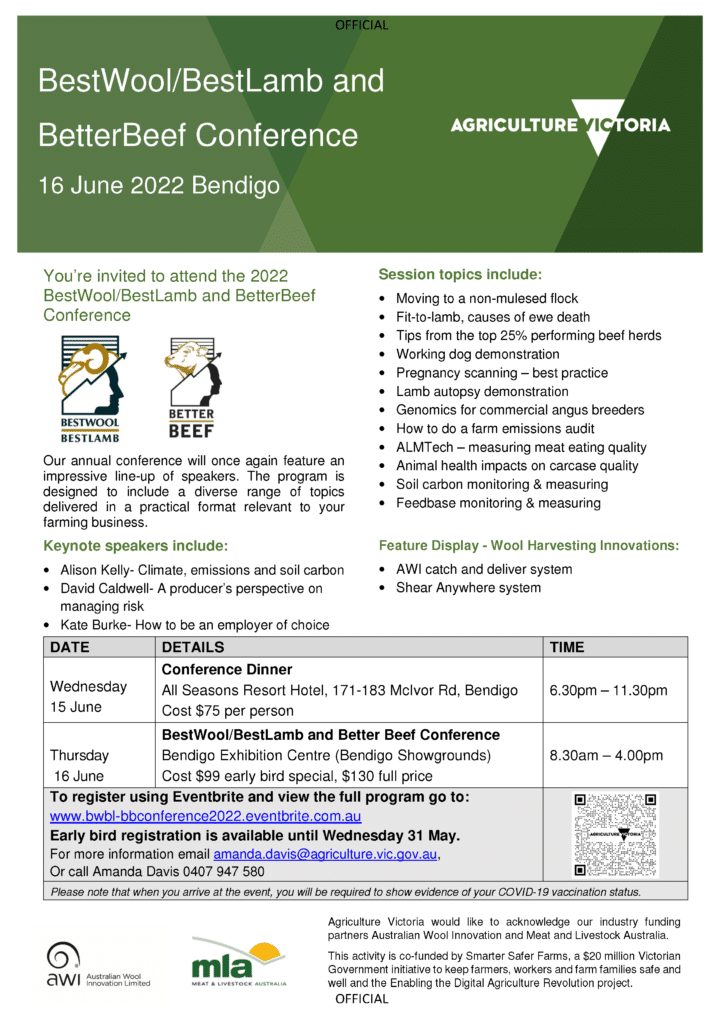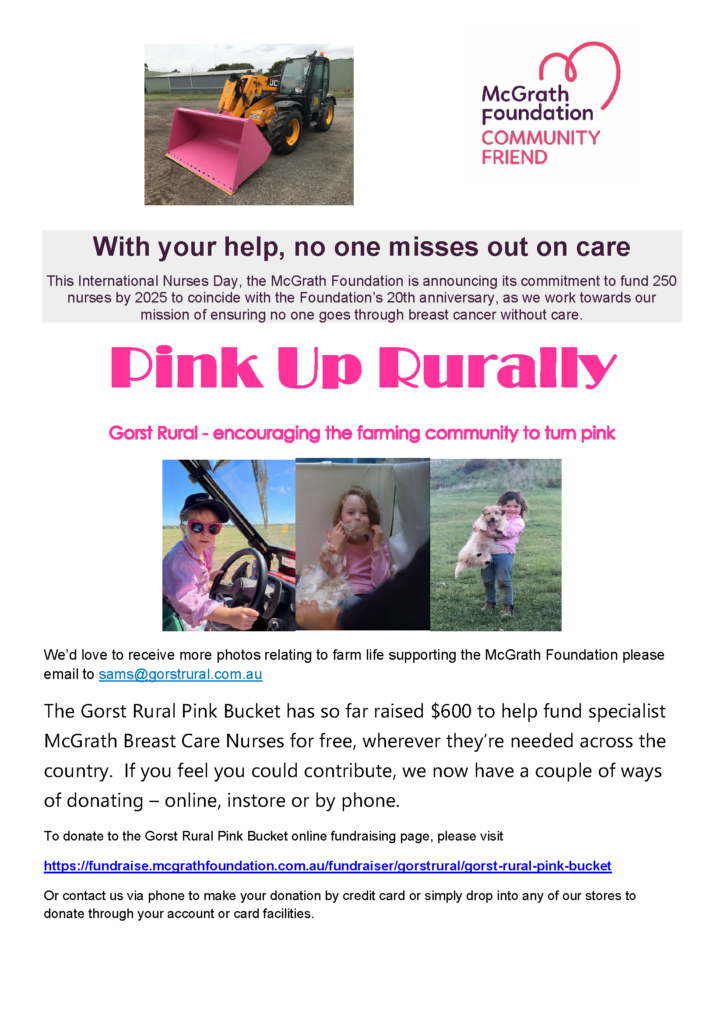Landcare news and opportunities
Opportunities and awards
- BestWool/BestLamb & BetterBeef Conference 2022: 15-16 June, Bendigo. Book tickets online: https://www.eventbrite.com.au/e/bestwoolbestlamb-betterbeef-conference-2022-tickets-332331351017
- Victorian Gorse Taskforce Small Community Grants closing date extended: The Victorian Gorse Taskforce (VGT) is calling for grant applications for their 2022/2023 Small Community Grants Program. The VGT are interested in supporting groups, starting from just two landholders, who are genuinely willing to control gorse – and stay on top of it! Please contact your Landcare Facilitator, Ayesha Burdett, if you’re interested in gorse control. facilitator@UpperHopkins.org.au
- 3 Day Wetland Plant Identification & Ecology Course: Observe the changing seasons and water depths of the stunning Reedy Lagoon, Gunbower Island over a 6 month period. Each of the 3 days will focus on a different wetland habitat (wetting and drying) and associated plant community. To pay for and register for the course go to: www.trybooking.com/BZOLM
- VicNoTill Carbon Power Conference 2022: This event will look at carbon from a range of perspectives – scientific, practical hands-on and economic – and features a diversity of speakers including Australian farmers. More info: https://www.vicnotill.com.au/events/event/carbon-power-is-on-take-3-august-16-17-18.
Information and Resources
- New research highlights wellbeing impacts of natural asset management: The NRM practice of tree-planting was linked to higher levels of social connectedness, while broader whole-of-farm approaches to NRM were associated with increased farmer wellbeing. Read more: https://www.sustainablefarms.org.au/news/new-research-highlights-wellbeing-impacts-of-natural-asset-management/
- How to submit a BirdLife Australia bird survey using the Birdata app: Birdlife Australia has new instructional videos about how to conduct surveys on your property. Follow the link to contribute valuable data to help Australia’s birds: https://youtu.be/3nukel3N_gM
- Victorian Landcare Gateway survey closing 14 June: Landcare Victoria Inc. is surveying the Landcare community to gather information about how the Victorian Landcare Gateway website (www.landcarevic.org.au) is being used and if there are any areas for improvement. The survey should take less than 5 minutes of your time and your feedback will be greatly appreciated. To have your say, please complete the survey by Tuesday 14 June.
- National Reconciliation Week: Be Brave. Make Change: National Reconciliation Week is a time for all Australians to learn about our shared histories, cultures, and achievements, and to explore how each of us can contribute to achieving reconciliation in Australia. The Lake Bolac Eel Festival is hosting an exhibit by Gunditjimara artist, Amelia Bell, at the Lake Bolac Information and Business Centre.
Webinars and podcasts
- Fork in the Road: Impacts of climate change on our food supply: Empty supermarket shelves have become almost commonplace in Australia over the past few months, as floods and COVID have converged to break down our supply chains. So what do our supply chains look like in a changing climate, especially in light of the latest IPCC report? Watch the recording: https://farmersforclimateaction.org.au/portfolio/fork-in-the-road-impacts-of-climate-change-on-our-food-supply/
- Successful succession: This three-part webinar series focuses on succession planning for farming families. Register with Agriculture Victoria: https://agriculture.vic.gov.au/support-and-resources/event-listing/successful-succession-session-1
- Australian Farmers: Telling Our Story is hosted by television presenter and journalist, Angie Asimus and is powered by the National Farmers Federation. It’s dedicated to connecting our wonderful farmers with health conscious consumers and ethically minded shoppers. Find out more online: https://farmers.org.au/category/telling-our-story-podcast-profile/

From the President’s Desk

Jack Tucker, President
Welcome to the Winter edition of our newsletter, and a big thankyou to Ayesha for once again compiling such a great publication!
It is fantastic to see the country looking so healthy. After just enough rain, and warmer than average soil temps, agricultural endeavours and natural environments alike are looking pretty good! Recent arctic like conditions may slow things down a bit…
The group has organised a couple of informative sessions since our last newsletter.
David Hardwick’s soil health day kindly hosted by the Whinney family at Chatsworth House was very well attended, and everyone left energised and full of new information. David is a very highly regarded agroecologist, and it was a fantastic effort by our soil health sub committee to make this event happen.
Similarly, Sean and Leila McDougall kindly hosted a ‘pasture paramedics’ field day which was put on via a collaboration of local groups including SFS, GHCMA, Pannyyabyr, Beyond Bolac CAG and ourselves UHLMG. Lisa Miller was the presenter who shared her expertise in assessing pastures and grazing management and was well received by all.
From the beginning of May, through to September is an ideal time to plant native trees and shrubs, and I know I always harp on about it, but site preparation is the absolute key to improving chances of success. If you are looking at doing a reveg project this growing season, and you haven’t done any site prep, NOW (or last week…) is the time. Spraying, ripping and fencing are key components to any successful reveg project. It is well worth considering doing an early spray on any areas earmarked for Spring direct seeding projects. Similar to having a paddock lie fallow before a crop, early weed control definitely seems to increase the chances of success with direct seeding.
A subject that has slipped to the back of our minds for a lot of us is the proposed East Grampians Pipeline. Recent enquiry stated that it is definitely going ahead as planned.
When the pipeline finally arrives, it will offer many opportunities, both production and conservation based. A reliable pressurised supply of fresh water will allow for better grazing management for a lot of producers, which in turn has the potential to enable the development of diverse, deep rooted perennial pastures, reducing runoff and improving soil water holding capacity at the same time.
Another potential beneficial spinoff for the environment from the pipeline arrival, will be the opportunity to fence off dams, creeks and rivers to exclude stock access. These water bodies won’t be necessary anymore for livestock production, and it will be a real opportunity to convert them into prime habitat for wildlife and create a network of healthy, aesthetically pleasing water points throughout the landscape.
This is all food for thought – surely the pipeline won’t be far away and we can all start putting some plans into action!
We are really keen for new members, and especially active ones, so please spread the word and get involved if you are keen.
Happy Landcaring!!
Jack Tucker
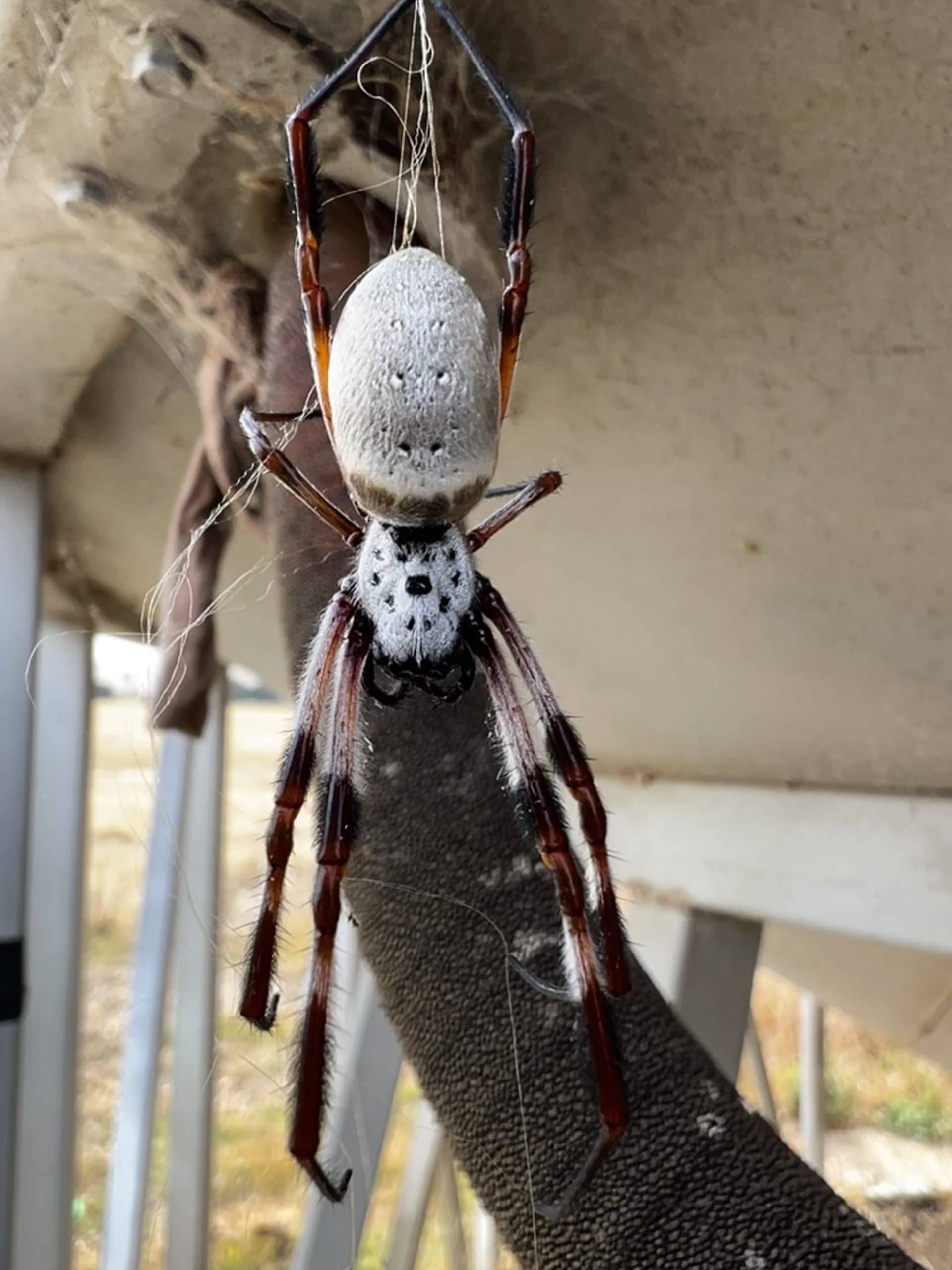
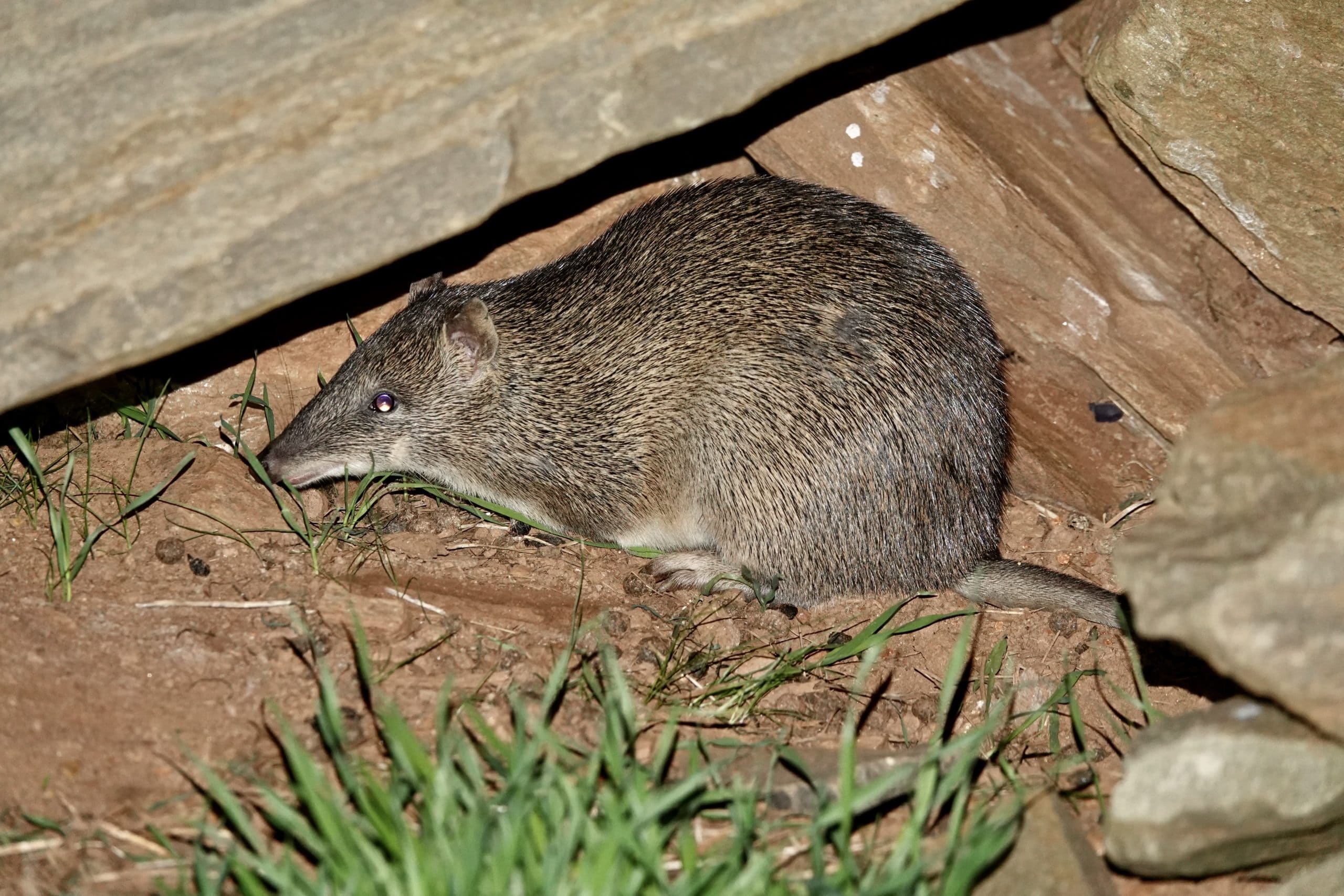

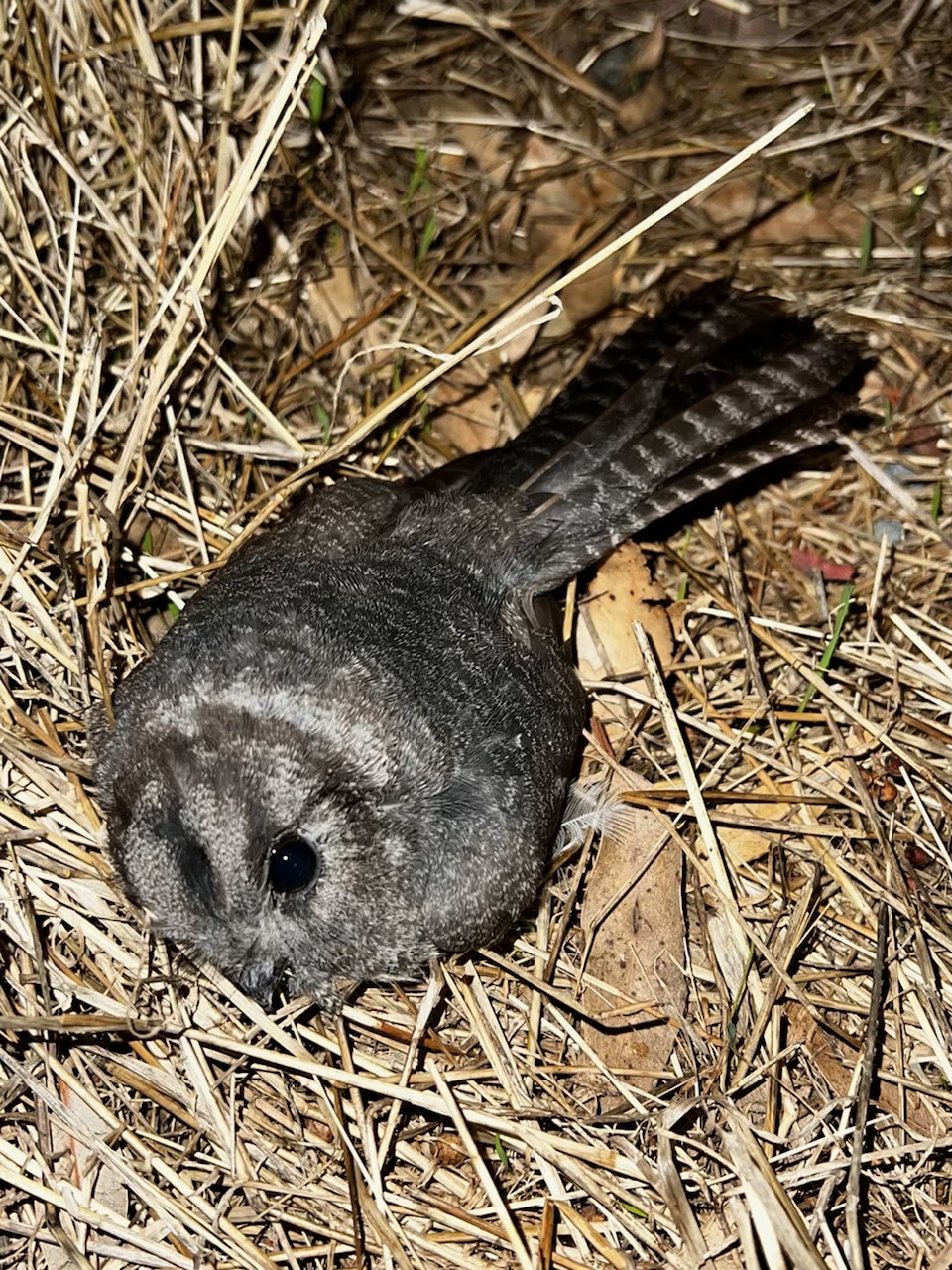
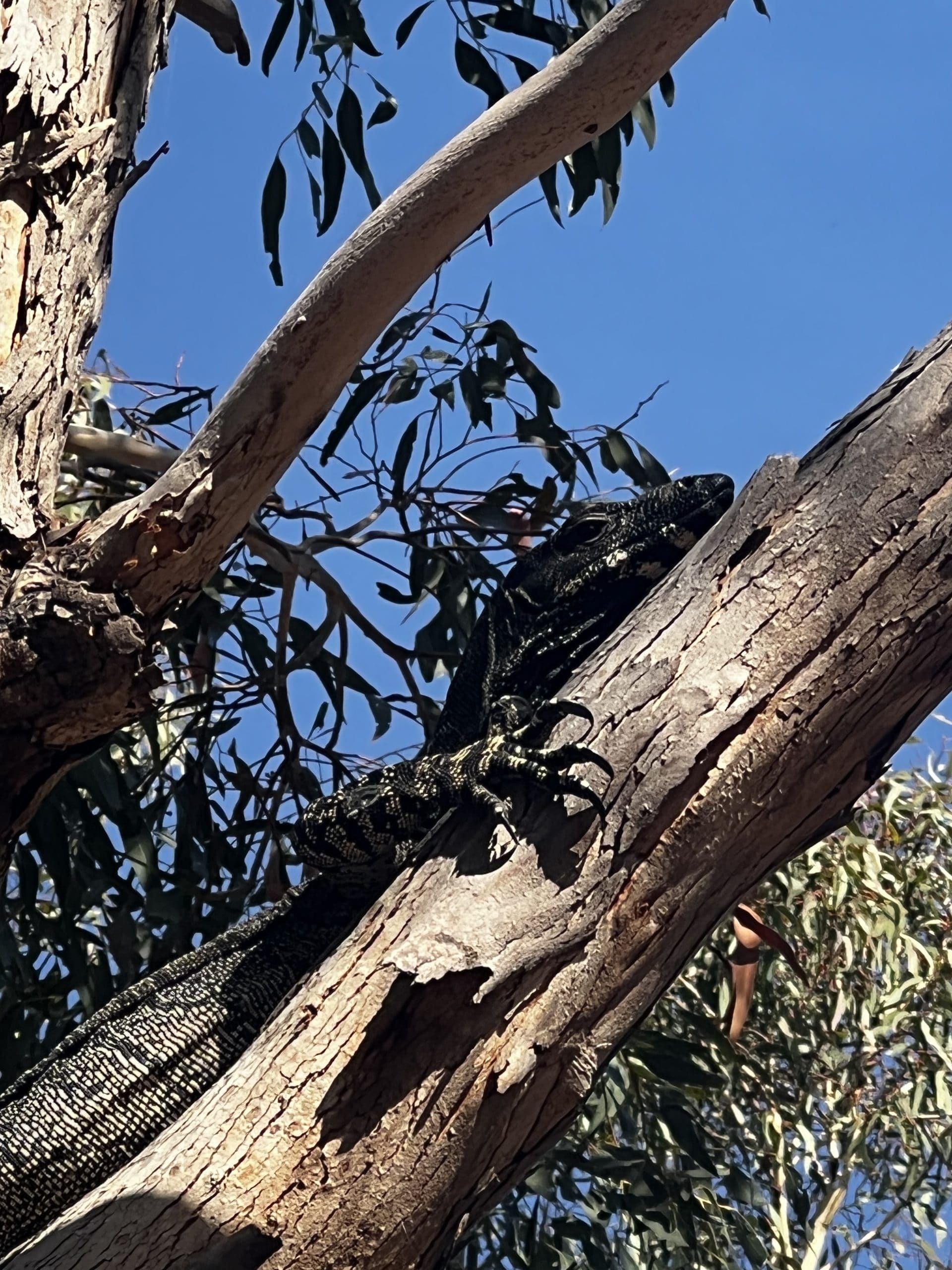
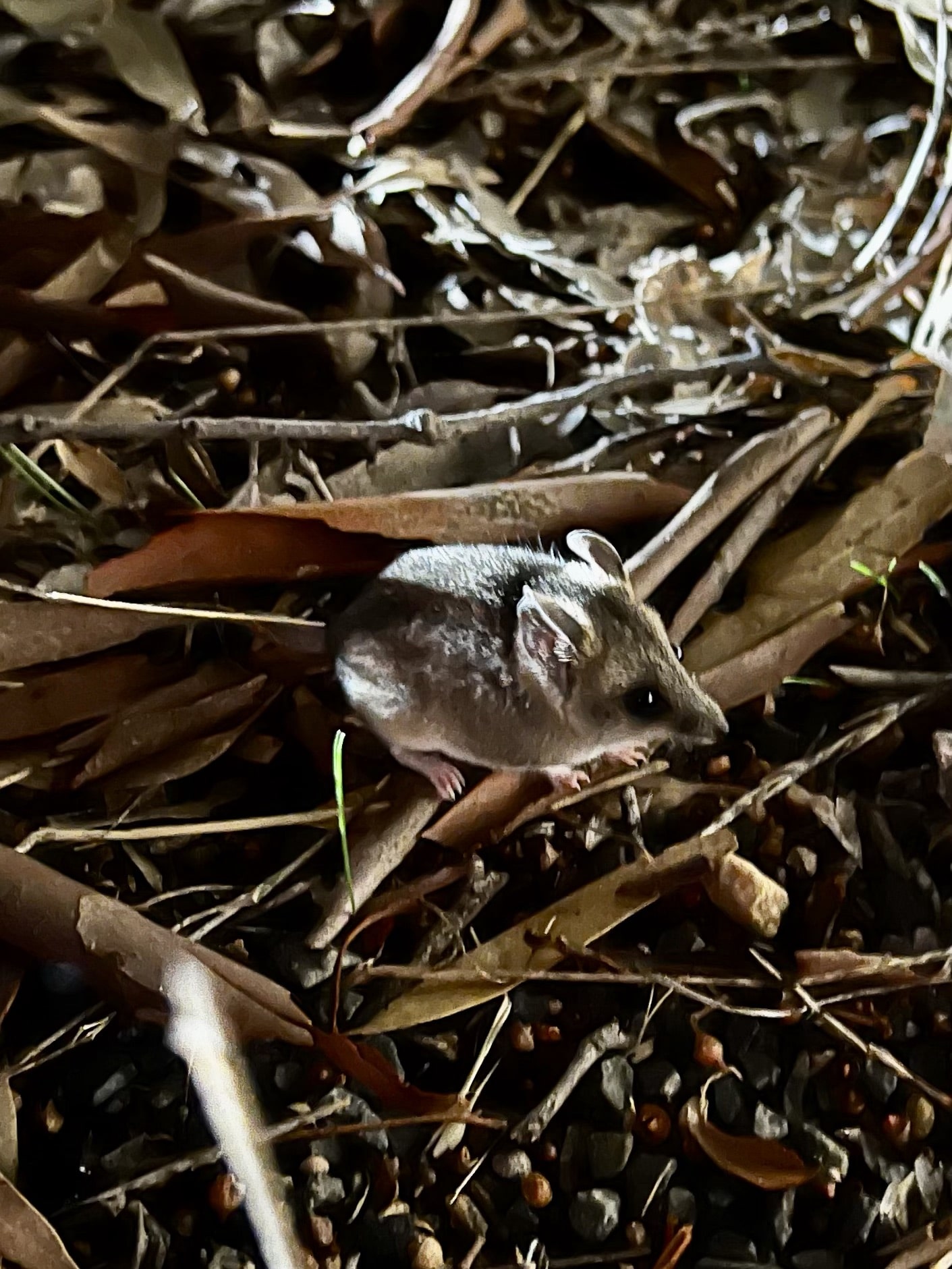
Upper Hopkins LMG – Secretary’s report

Celia Tucker, Secretary
Just a heads up to our financial members due to renew their membership in 2022/23 that in early July you’ll receive a renewal invoice from our Treasurer Kelly Gellie with an accompanying letter from our Chair, Jack Tucker, reminding you of the perks and benefits of being a financial member of the Upper Hopkins Land Management Group!
If you currently only subscribe to our newsletter but would like to become a financial member please contact Kelly (admin@gelliefarms.com.au) so that we can arrange a membership invoice for you when they are emailed out in July. It is $27.50/year or $66 for 3 years so great value for money. For more details about what our Group does check out our website https://upperhopkins.org.au/
Thank you to Ayesha for preparing another excellent newsletter and to everyone that has contributed in some way. Don’t forget if you ever have a Landcare related photo, observation to report or an article that you would like to submit for future newsletters please don’t hesitate to send them through to Ayesha. We love to hear from as many people throughout our region.
Cheers,
Celia
Blown away on the plains: bringing back Adamson’s Blown-grass on the VVP

Aggie Stevenson, Senior Biodiversity Officer
Glenelg Hopkins CMA have received funding through the Environmental Restoration Fund – Threatened Species Strategy Action Plan – Priority Species Grants to protect the Endangered Adamson’s Blown-grass (Lachnagrostis adamonii).
Adamson’s Blown-grass grows to approximately 70cm in height, forming a delicate, open flowerhead up to 25cm in length in Spring. This species is one of half a dozen native Lachnagrostis which grow across Western Victorian, including the commonly occurring Common Blown-grass (Lachnagrostis filiformis). The grass was first collected in 1853, from a single site, but was not described until 1941. Thought to be extinct, it was rediscovered in 1987, near Glenthompson.
Lachnagrostis adamsonii is endemic to south-west Victoria, from Geelong to Cavendish and from Lake Corangamite to Ballarat and Ararat, with many populations occurring within the Glenelg Hopkins region, around Willaura and Glenthompson. In 2010, there were 16 important populations identified, with 11 of these being in the Glenelg Hopkins region. However, more recent surveys show that many of these sites no longer support the species.
Remaining populations are declining, with most known populations <1 ha and many restricted to a square metre or so. The habitat of L. adamsonii is limited, occurring in saline soils alongside slow moving creeks, in seasonally inundated drainage lines and depressions and on the edges of salt lakes and ephemeral swamps.
The key threats to this species include the effects of prolonged drought, leading to altered water tables and change in soil moisture and salinity levels. Also, more recent changes in adjacent land use as well as effects of climate change could continue to threaten the water supply for the species. Weeds such as Phalaris, Tall Wheat Grass and Tall Fescue will outcompete this small and delicate grass. Other disturbances, such as heavy grazing or outright destruction of plants, will reduce its chance of survival.
Glenelg Hopkins CMA, along with principal consultant Dr Austin Brown, are currently reviewing existing records of where this species has occurred in the past and are hoping to extend our search for potential habitat for this species. If you live in the Willaura, Glenthompson or Cavendish area, and have a slow moving creek, swampy depression or drainage line that is seasonally inundated or waterlogged, and fairly saline, then you could potentially have this Endangered Species on your property! If you think you might have the right sort of habitat, we would love to hear from you. Please contact me on 0435 537 443 or a.stevenson@ghcma.vic.gov.au
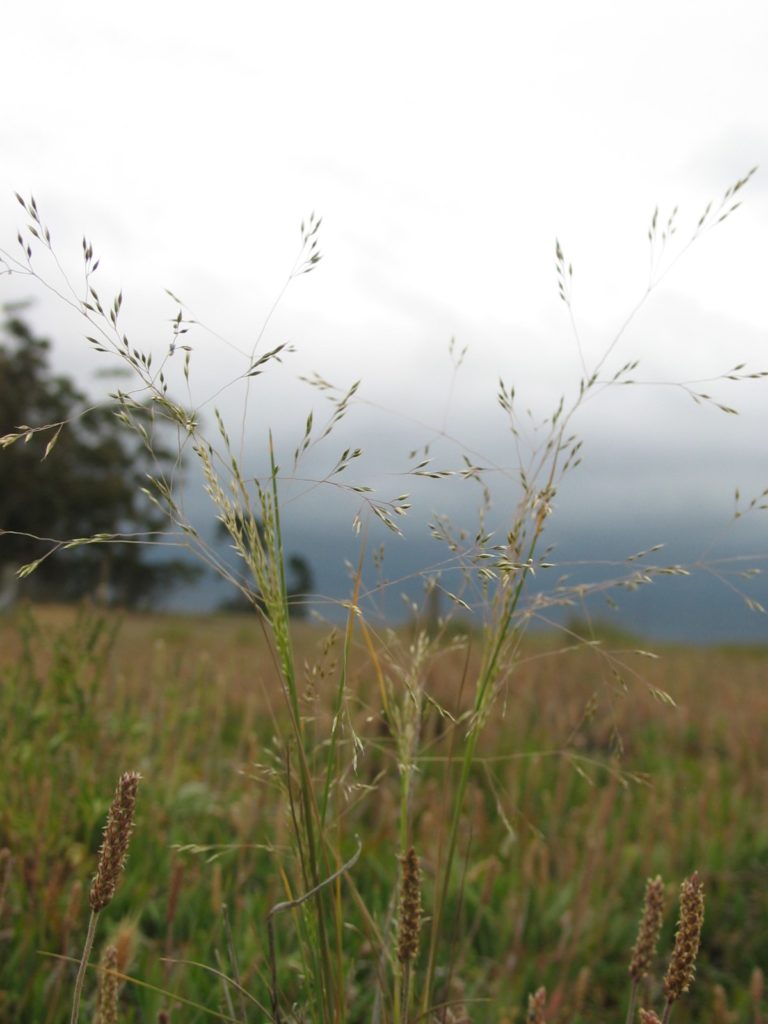
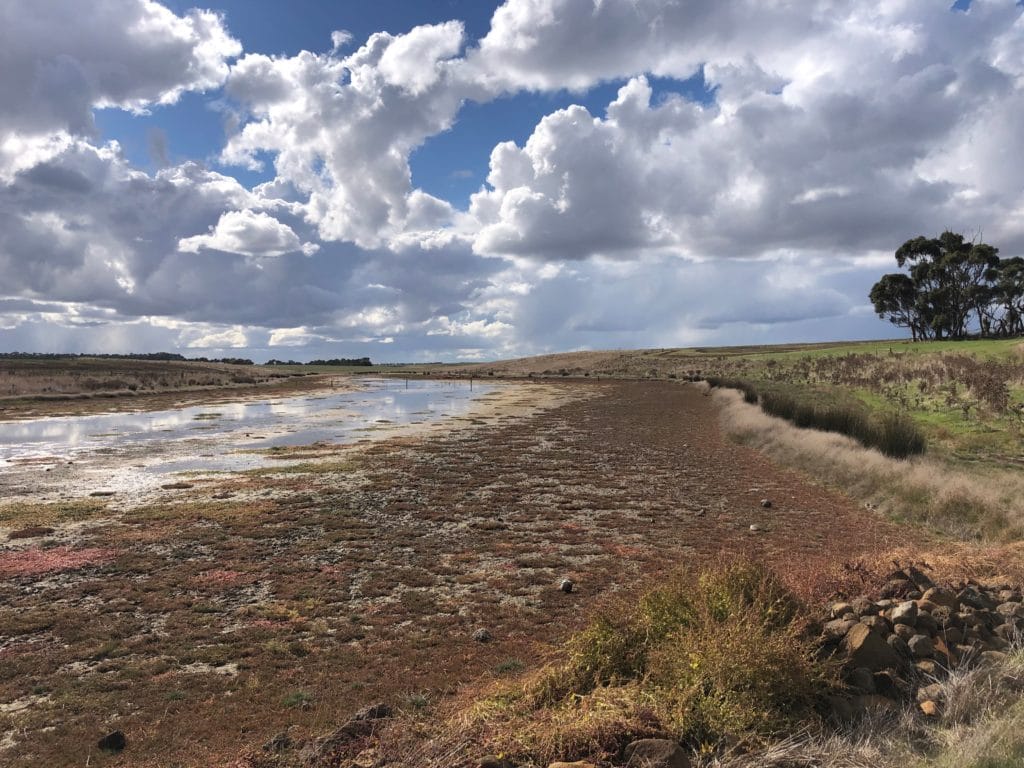
Rebooting Soil Health Workshop
Karen McIntyre
Reprinted with permission from the Ararat Advocate.
Continuing a series of soil health topics, the Upper Hopkins Land Management Group recently engaged a large group of inquisitive farmers at a “rebooting soil health” workshop, hosted on the property of Sarah and Tom Whinney at Chatsworth House.
Agroecologist David Hardwick was the guest presenter, taking participants through the core skills of assessing and continuously managing their soils for optimum productive success.
The workshop was hands-on with participants bringing a sample of their soil for discussion. David creatively explained how to understand soil biology (the critters), nutrient cycling (the elements) and soil structure, fertility and climate.
David demonstrated how to assess a soil type in the paddock and identify issues, using the local samples provided. Then a number of testing tools were used to obtain measurements related to porosity, compaction, plant sugars, plant density, pH, salinity and more.
The aim of the day was to encourage farmers to become confident in using the various tools available to them, to recognise their soil strengths and weaknesses and to enable them to benchmark the biological, chemical and physical health of their soil for their long-term production goals.
“It’s easy to burn money on soil” David said. “So become informed and know how to test, to get the best economic and environmental result”.
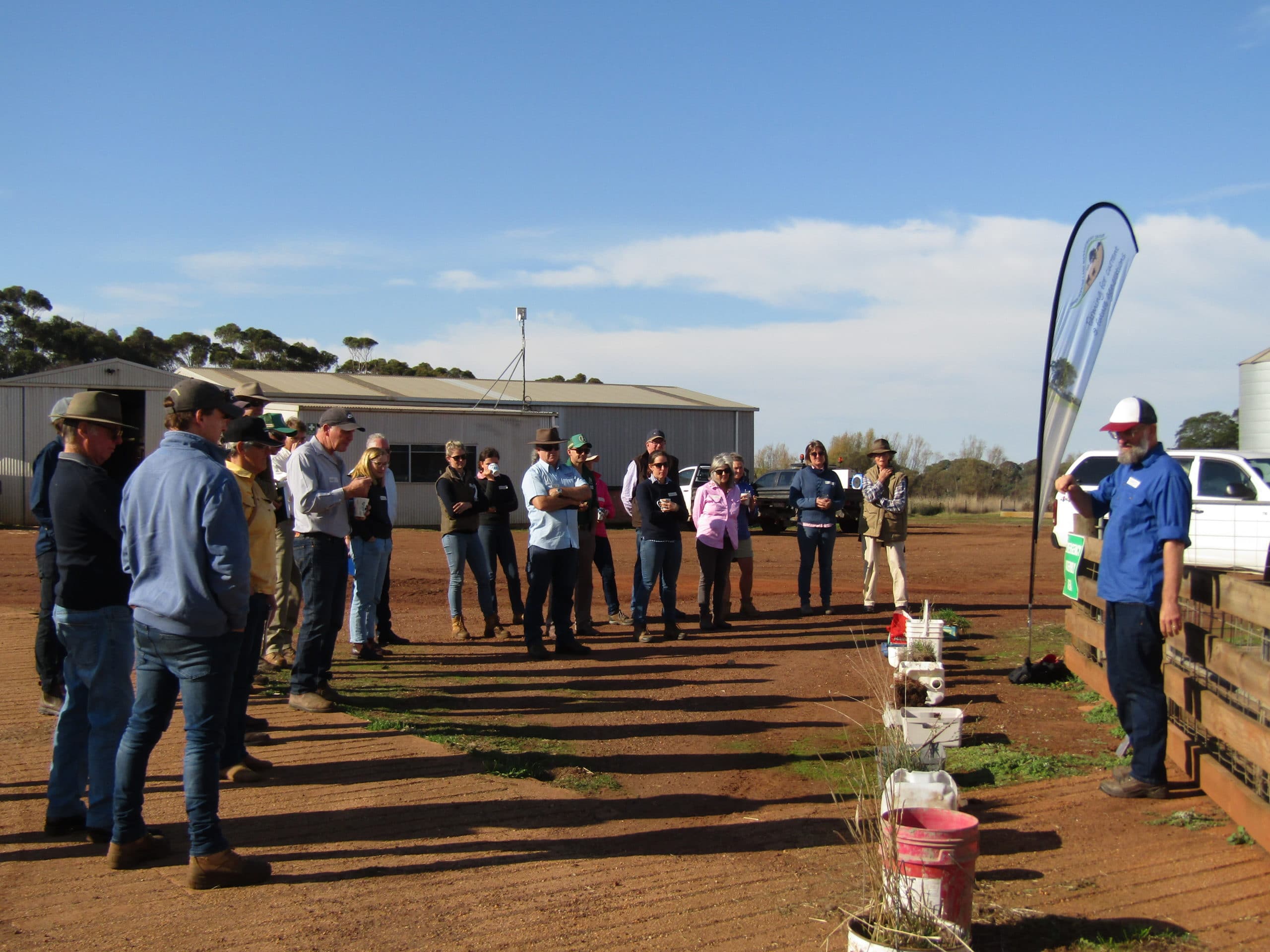
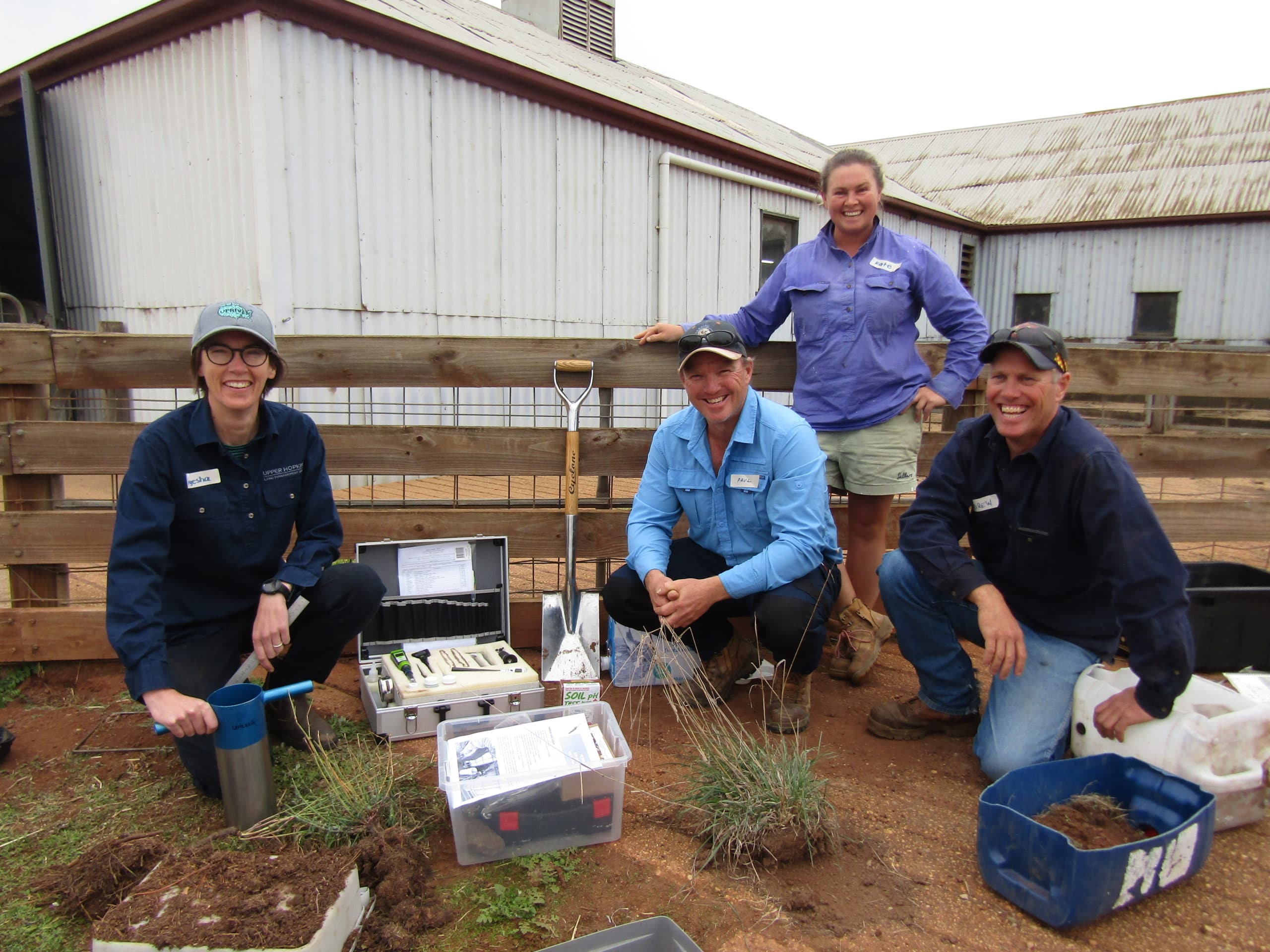
Field days and workshops in the Upper Hopkins
The Upper Hopkins Land Management Group has had a busy couple of months with several workshops and field days recently.
- 26 March: dung beetle field day
We collaborated with Panyyabyr Landcare Group to host the Dung Beetle project team from Charles Sturt University (https://www.dungbeetles.com.au/). Many thanks to Jayne and Craig Drum for hosting and to Lisa for bringing buckets of dung. We had lots of great conversations among the participants and everyone enjoyed getting their hands dirty. We are looking into creating some local dung beetle hotels – watch out from updates later this year!
- 6 April: Garden Day with the Gourmet Farmer, Matthew Evans.
This event began with a tour of Balancing Rock Farm, including hands-on demonstrations of composting by Anita Evans (Five Ducks Farm), orcharding by Carolyn Gemmell (permaculturalist), worm-farming and developing a vegetable garden by our host, Dom Sparkes. After lunch, Matthew Evans from Fat Pig Farm presented some of the key findings from his book: “Soil, the incredible story of what keeps the earth, and us, healthy.” We received a lot of positive feedback about this event, and it was wonderful to have so many gardeners and soil enthusiasts come together.
- 26 April: Soil workshop with David Hardwick
David Hardwick from Soil Land Food (https://soillandfood.com.au/) presented an excellent workshop to teach everyone about soil biology and the importance of maintaining the soil food web. We had a great discussion about how to judge good soil, and then David introduced us to the soil food web. David also introduced participants to ways of measuring soil health (including using the Upper Hopkins LMG Soil Health Kit and some simpler tools that can easily be constructed at home) and reminded us of the value of documenting these measures to observe changes over time. Thanks to Sarah and Tom Whinney for hosting this event at Chatsworth House.
- 25 May: Pasture Paramedic with Southern Farming Systems.
Lisa Miller and Jess Brogden from Southern Farming Systems presented the latest research news and the tools they are using to measure and understand pasture health. Thanks to Leila and Sean McDougall for sharing their “good” and “not-so-good” pastures with us all.
A BIG THANK YOU to everyone who has hosted or helped organise any of these events. The Soil Health Team is already planning a new suite of events for the coming year. Please let me know if there are particular topics you would like to learn more about, or if you would be interested in hosting an event in 2022 or 2023. Contact me: facilitator@UpperHopkins.org.au.
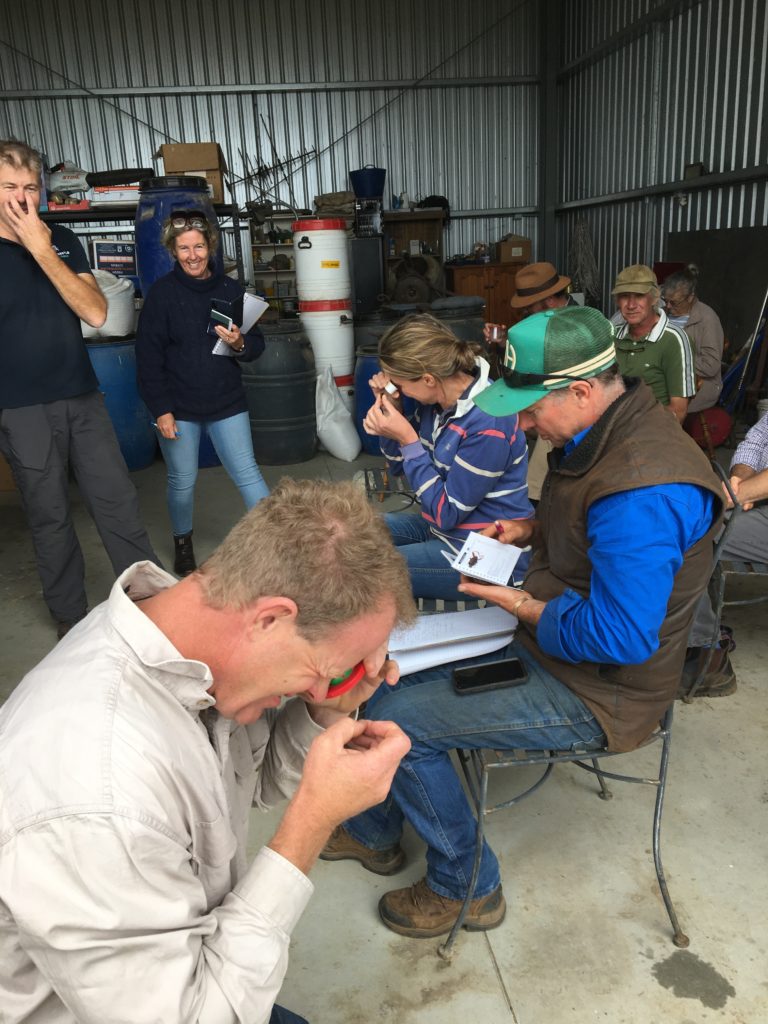
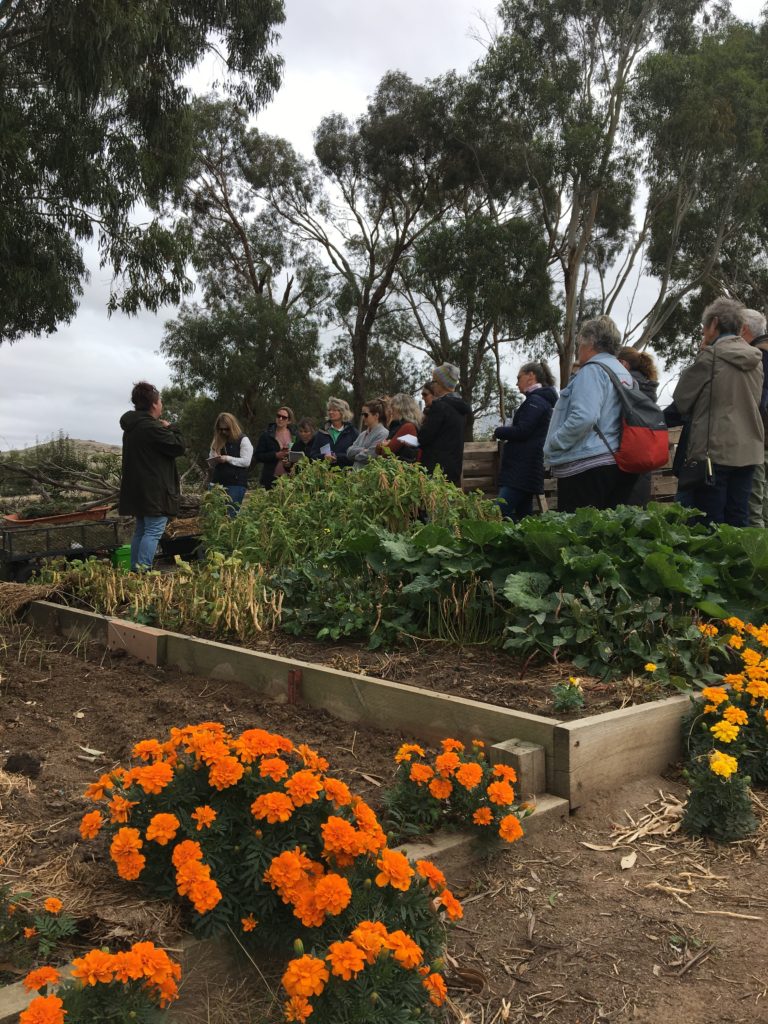
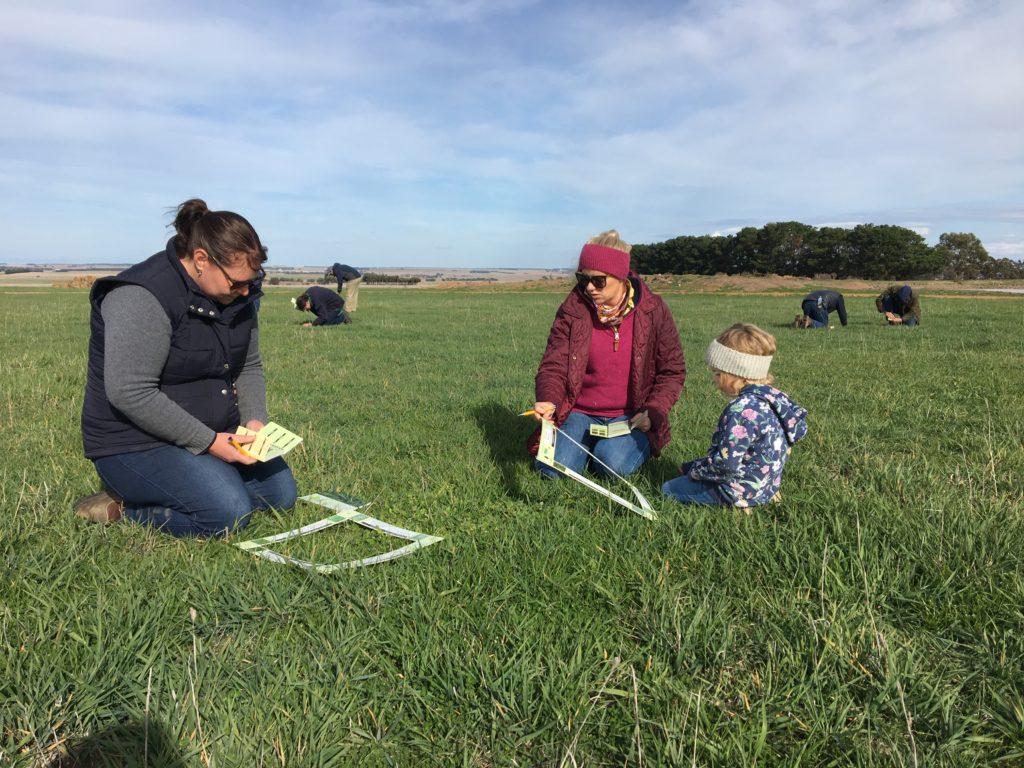
Keringle Native Nursery
Allison Barr
Autumn is such a wonderful time of the year! Chilly mornings and evenings but such lovely sunny days as we eagerly await some good rains leading into Winter.
The team here at Keringle Native Nursery have been busy planting and potting seeds and increasing the tube stock varieties we have available. Our nursery is now loaded with a huge assortment of native trees, shrubs, flowering annuals and perennials, and grasses. Grasses such as Kangaroo Grass, Common Tussock Grass and Bristly Wallaby Grass have proved very popular due to their hardiness and versatility.
Our large selection of native and ornamental trees are well suited to our area with local knowledge proving invaluable.
Don’t forget to purchase tree guards & milk cartons to create protection from the weather. We even stock Maxi Beast tree guards, measuring 120cm H x 30cm D, as they are particularly useful in protecting trees against sheep and kangaroos.
Why not plan a trip to the farm to see for yourself.
We have had people travel from Woodend, Melbourne and Ballarat visit us at Keringle Native Nursery proving people are willing to travel for good quality stock. You can call us to place an order or let us make you a Keringle mix of trees.
Please contact allisonkeringlenativenursery@gmail.com or call Allison on 0428 370 353.
Keringle is open Monday -Friday 9am -3pm.
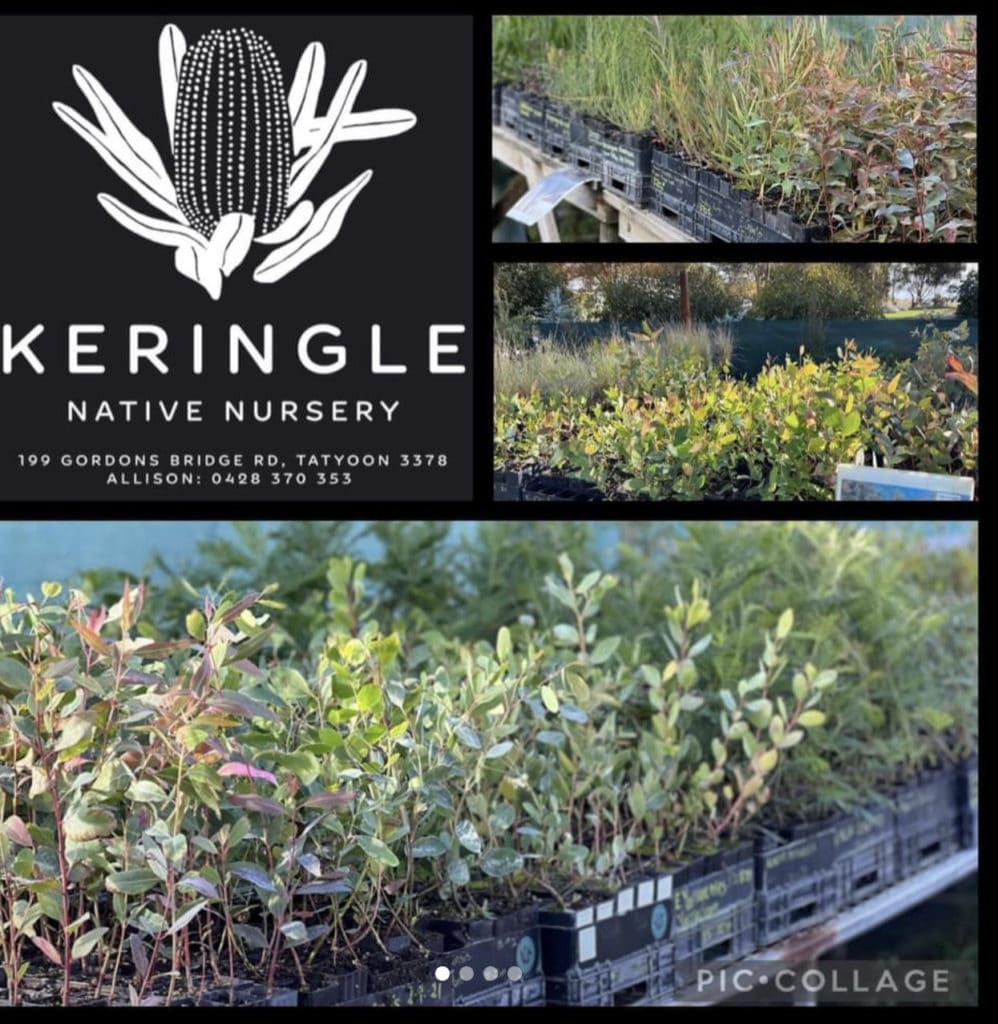
All the dirt – soil news
1. Historical Soil Data Capture Payments Program
Building a comprehensive data base of soil knowledge is a key action under the Australian Government’s National Soil Package.
This soil knowledge will support research into innovative land management practices that can improve productivity, profitability, and climate resilience for Australian farmers.
The Historical Soil Data Capture Payments Program pays farmers and land managers to share their historical soil test data with the Australian Government.
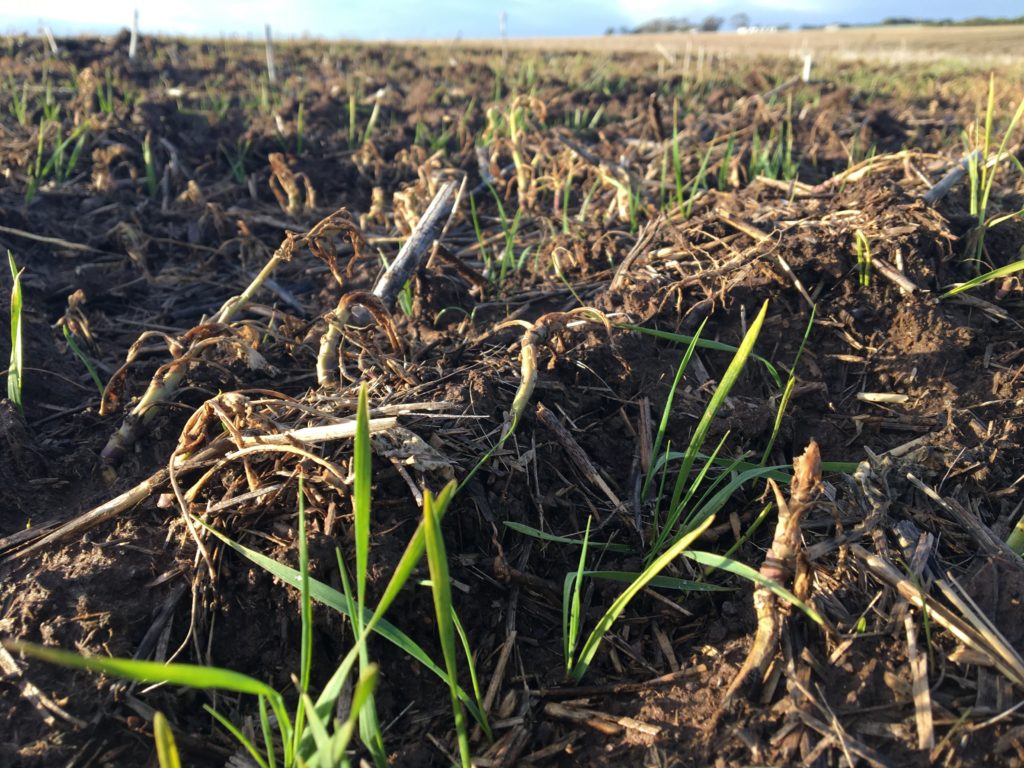
Farmers and land managers may be eligible to receive payments up to $10,000 in exchange for sharing their historical soil information through the program.
Data owners can receive payment based on the number of soil properties (i.e. physical, chemical and biological soil characteristics) tested:
- $50 – 5 soil properties
- $100 – between 6 and 10 soil properties
- $150 – between 11 and 15 soil properties
- $200 – more than 16 soil properties
Each business or individual can receive up to $10,000 in total
The Program will be open from April 2022 to 30 June 2023.
To request more information or to participate in this Program, contact one of the four data brokers listed below:
| Organisation | Web address | |
| AxisTech | SoilData@axistech.co | axistech.co |
| Precision Agriculture | sales@precisionagriculture.com.au | precisionagriculture.com.au |
| Precision SoilTech | data@precisionsoiltech.com.au | precisionsoiltech.com.au/ |
| Southern Cross University | soildata@scu.edu.au | www.scu.edu.au/historical-soil-data-program/ |
2. Holders of Soil Data Sets – National Soil Data Review Survey
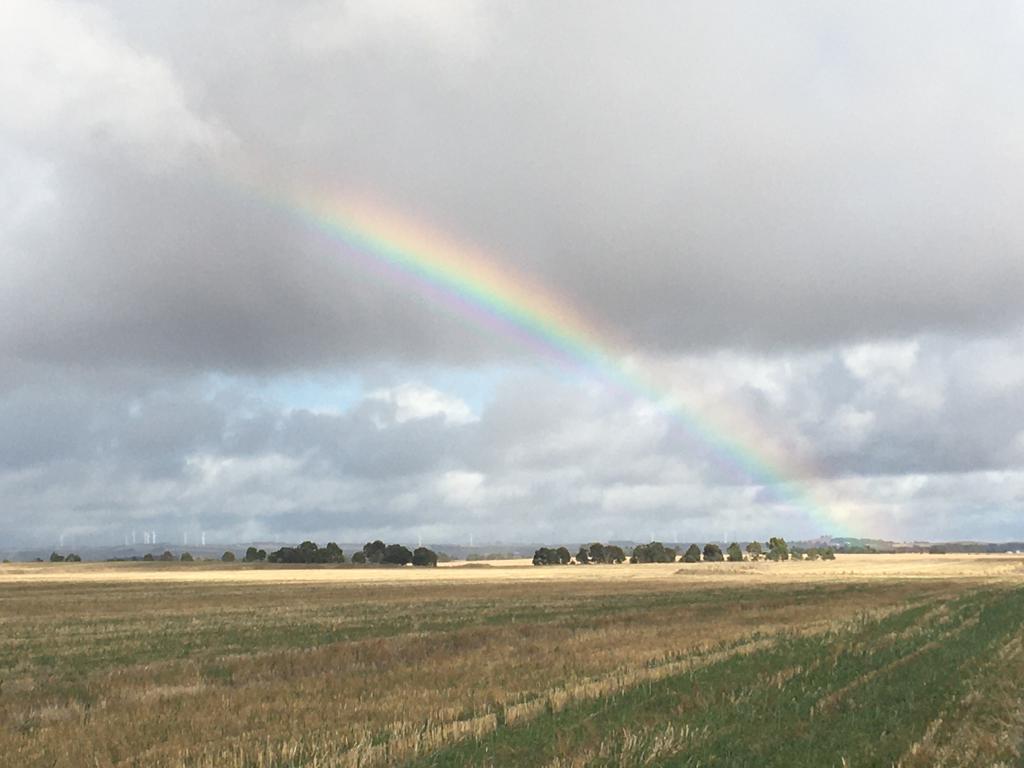
Organisations with a history in agriculture can, over time, accumulate large amounts of soil data, which they may own or hold on behalf of clients. Such organisation can include Landcare; member supported farm production groups; private providers of goods and/or services to the agricultural industry; government departments and authorities and, research and training institutions.
As part of implementing a National Soil Strategy the Australian Government is seeking access the widest possible range of soil data for inclusion in a National Soil Information System.
This is not a data transfer but, by knowing what soil data resources exist, the Australian Government can determine the scale of financial, other incentives, needed to gain access to the most useful soil data available.
In addition to placing financial value on soil data resource for data holders, farmers who are data owners may also be eligible for payment under the Historic Soil Data Payments Program.
The National Soil Data Review survey is an opportunity for soil data holders to turn a data resource into a financial resource and contribute to building a comprehensive data base of Australian soils.
The survey should only take about 15 minutes to complete.

Glenelg Hopkins Rural Women On Farms
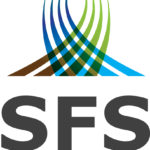
Michelle McClure, Communications & Engagements Coordinator
Southern Farming Systems has been delivering Women on Farms Workshops in the Hamilton and Lake Bolac regions since 2018. The project is supported by Glenelg Hopkins CMA through funding from the Australian Government’s National Landcare Program.
There are 4 workshops each year held specifically for Women on Farms in the Hamilton and Lake Bolac regions, each group get’s the opportunity to put forward topics of interest for these advanced training workshops.
“We welcome any new particpants to the sessions and happy to grow our groups, it doesn’t matter your knowledge level, as it is such a warm firendly environment with everyone on their own learning journey” said Lisa Miller, SFS Project Coordinator.
“GHCMA is supporting the Women on Farms advanced training session as we understand that women on farms are part of the key decision-making process” said Richard Murphy, GHCMA.
The next round of free workshops for 2022 are as follows:
- Whole Farm Planning, 8th June 9.45-2.00pm, Jigsaw Farms, Hamilton
- This workshop will showcase Jigsaw Farms with a discussion with Mark Wootton sharing his insights into creating a profitable, highly productive stock and agroforestry operation whilst adhering to environmental guidelines.
- Learn about land classing, what to get right in planning a farm layout in terms of planting trees/vegetation, farm subdivision & stock movement, water supply.
For more information and to register go to Women on Farms – Best Practice Farm Planning & Farm Tour of Jigsaw Farms – Southern Farming Systems (sfs.org.au)
- Pasture & Grazing Management 20th June (Lake Bolac Region), 21st June (Hamilton Region)
- Skills based, strategic approach to manage pasture and grazing systems
- Management strategies related to increasing competition for sub-clover persistence
- Feed Value and Tactics
- Farm Walk
For more information and to register go to Events – Southern Farming Systems (sfs.org.au)
- The 4S’s of Soil 14th September (Hamilton Region), 15th September (Lake Bolac Region)
- How to measure, manage and monitor your soils for:
- Soil Acidity
- Salinity
- Soil Monitoring
- Soil Trace Elements
- Farm Walk
- How to measure, manage and monitor your soils for:
For more information and to register go to Events – Southern Farming Systems (sfs.org.au)
To get involved or to be kept informed of the group activities you can join our Facebook Group Glenelg Hopkins Rural Women or contact Lisa Miller E:lmiller@sfs.org.au M: 0488 600 226 or www.sfs.org.au/events
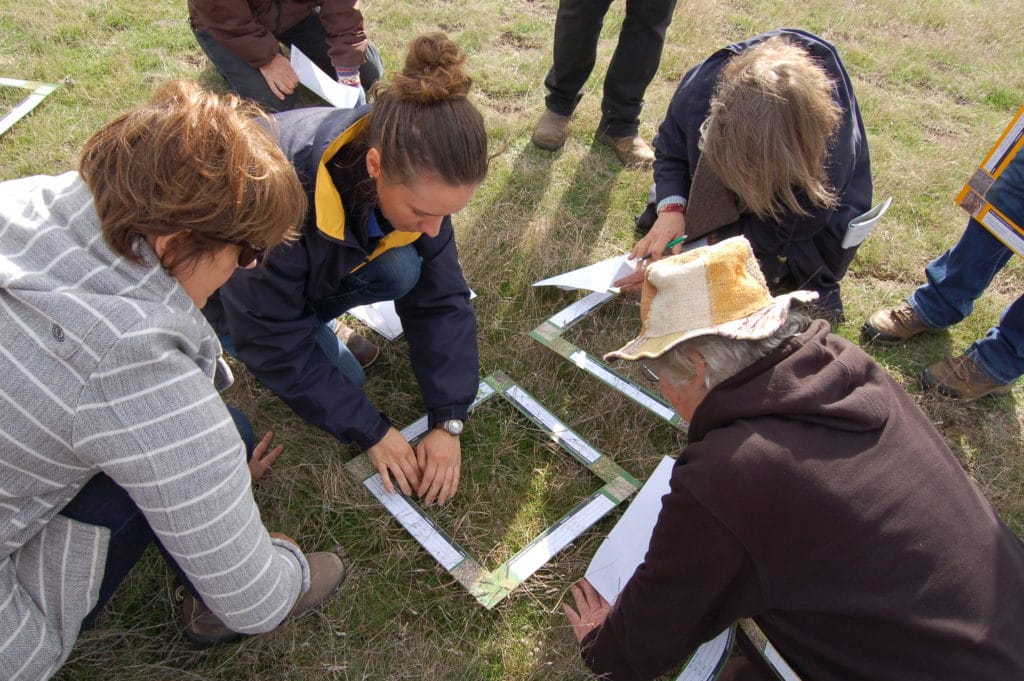
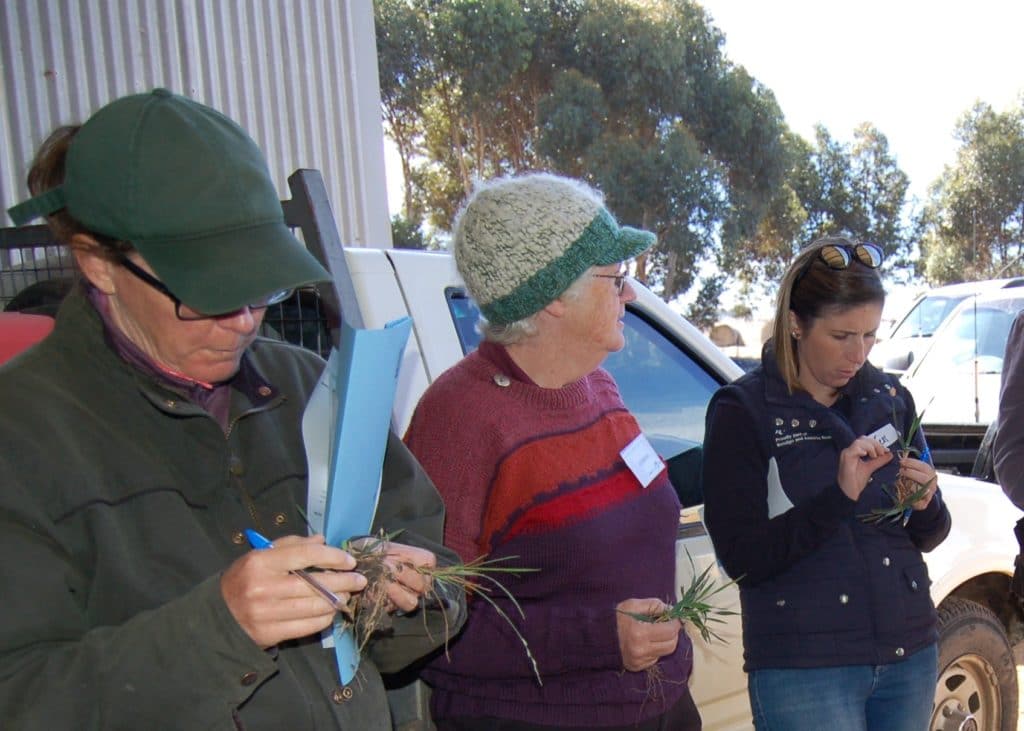
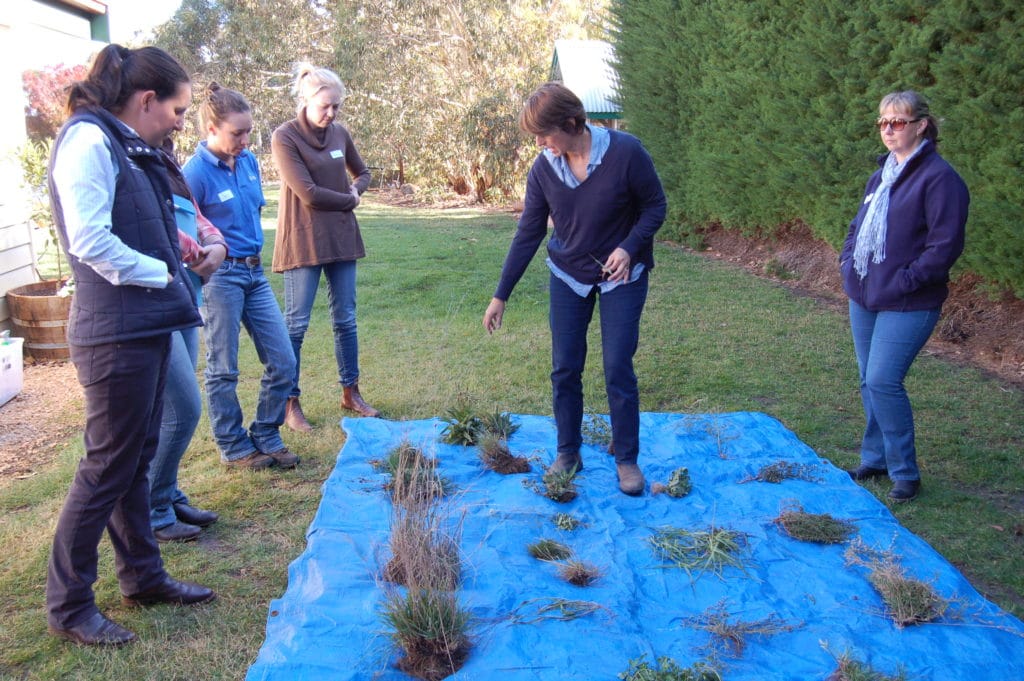
Bush Regeneration workshops

Richard Murphy, Senior Land Health Officer
Landcare groups are increasingly challenged to source a diversity of plants of local provenance for revegetation projects. Regional plant nurseries are decreasingly supplying plants of local provenance due to seed collection cost and access to mature plants. Whilst Landcare group members express a willingness to collect seeds and propagate local plant varieties, they lack the skills and confidence to undertake these activities.
This lack of confidence and skills in bush regeneration places significant limits on the capacity of Landcare groups to undertake revegetation activities, limiting the incorporation of biodiverse bush reserves on farmland.
Recognising this need in her own Landcare network, Kristy Brewer, Landcare facilitator with Southwest Environment Alliance (SEA), approached South West TAFE to collaboratively develop a bush regeneration training program. Supported by Glenelg Hopkins CMA with funding from the Australian Governments National Landcare program, SEA held the first 2 of 3 workshops in May 2022.
The program was delivered by South West TAFE with highly experience trainer David Smurthwaite. David has many years of experience in the identification, propagation and establishment of native flora species unique to the South West region.
The first workshop, held 10 May, covered plant identification, seed collection and propagation from seeds and cuttings with the different methods used for different plants. At the second workshop, held 11 May, participants leant seed extraction, cleaning & storage; growing tube stock; different planting methods; weed control and maintenance. The workshops were 6.5 hours in length, were highly practical and hands-on. A third workshop will be held in February 2023, when seeds become seasonably available for collection.
The 11 SEA members participating enjoyed the training and reported a dramatic increase in both their skills and confidence to identify endemic plants, collect seed and commence their propagation.

It is envisioned that other Landcare networks will see value in the training and look to holding the bush regeneration workshops with South West TAFE, in their area for their groups in the future.
For further information, contact Richard Murphy (0407 516 532 or r.murphy@ghcma.vic.gov.au).
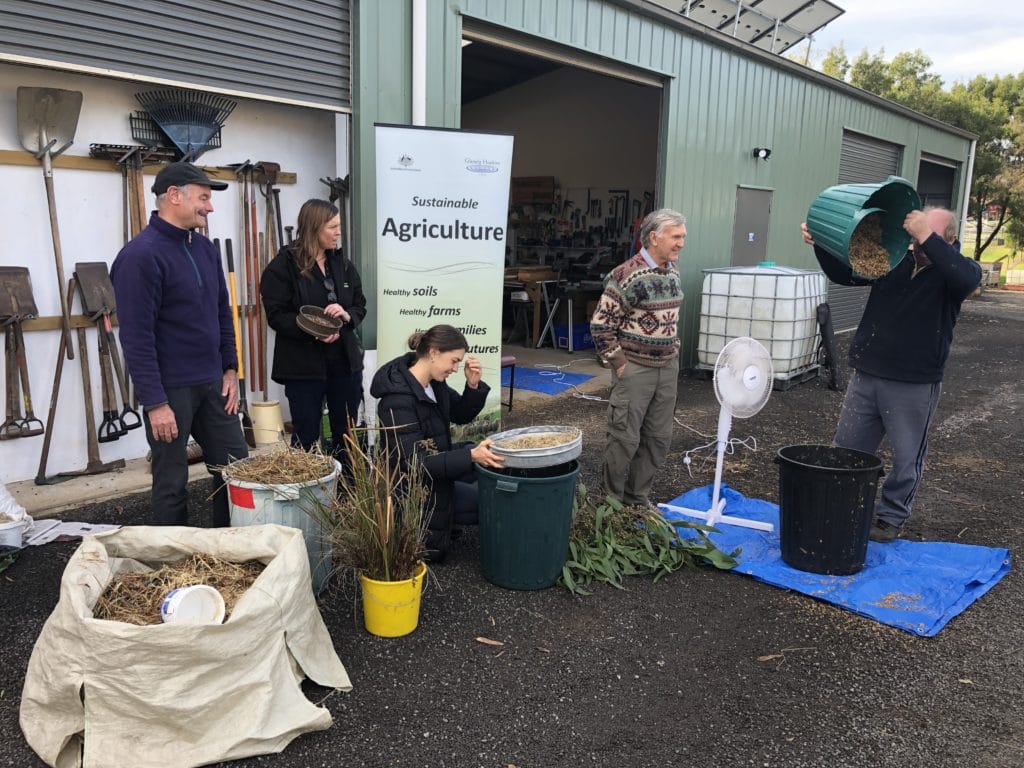
Report from Perennial Pasture Systems and Girls & Grass Advisory Group


Debbie Shea Facilitator for Girls & Grass Advisory Group (Perennial Pasture Systems)
Well, what a busy year 2022 is turning out to be. A lot of members are flat out sowing right now. The season is shaping up pretty good for those farmers to the east of Ararat, confident that they have had their autumn break. Farmers to the west, north and even south are looking forward to more rain to be assured of a good start before the soil gets too cold for pasture/crop growth.
Agriculture and Landcare groups have been very busy at long last organizing face to face events. In fact, farmers are inundated with choice. Perennial Pasture Systems (PPS) and the Girls & Grass Advisory Group (G&G) have stuck to their annual program. They are excited about the events planned and the quality of speakers that are lined up for the next few months.
PPS and G&G events are always open to non-members but with membership for farming business at $66, it offers great value. Membership includes all persons involved in the farm family business.
Diary dates:
Tuesday 14th June – Excellent farming: Crops, People, Money and You
– Presenters, Kate Burke & Dale Boyd, Magdala Motor Lodge, Stawell.
This hands-on interactive ‘masterclass’ will teach you skills to manage stress and practical risk management.
Sunday 19th June – Business Workshop session 2. Business Structure.
– Presenters Stacey Sheldon, Principal with Coggergurry Chartered Accountants, Hamilton
Topics discussed will include: – Is your current farm business structure the best possible for your enterprise? What is the difference between a sole trader, partnership, company and a family trust? What implications do these structures have on future decisions involving succession planning and individual wills?
Sunday 5th July – Winter Farm Tour, Mt Hesse Station. The historic Mt Hesse station is a merino sheep and cropping operation farming 18,000 ewes and 9,000 dry sheep near Winchelsea.
Wednesday 13th July – G&G Ladies Social night and dinner
– Guest Speaker, Jackie Elliot, Founder of Rural Women’s Day.
Sunday 17th July – Accredited First Aid Course.
- Presenter Casey Kosch from Murtoa. Casey is a farmer, nurse and runs her own first aid training business.
Tuesday 23rd August – 13th Annual Conference, Ararat Town Hall, including a tour of AF Gasons followed by the Annual Dinner at the RSL.
For more information on these events contact Rob, 0438 521357 or Debbie, 0418 205353 or please visit: –
PPS website: – https://www.perennialpasturesystems.com.au/
PPS Facebook page: – https://www.facebook.com/groups/1750963505149672
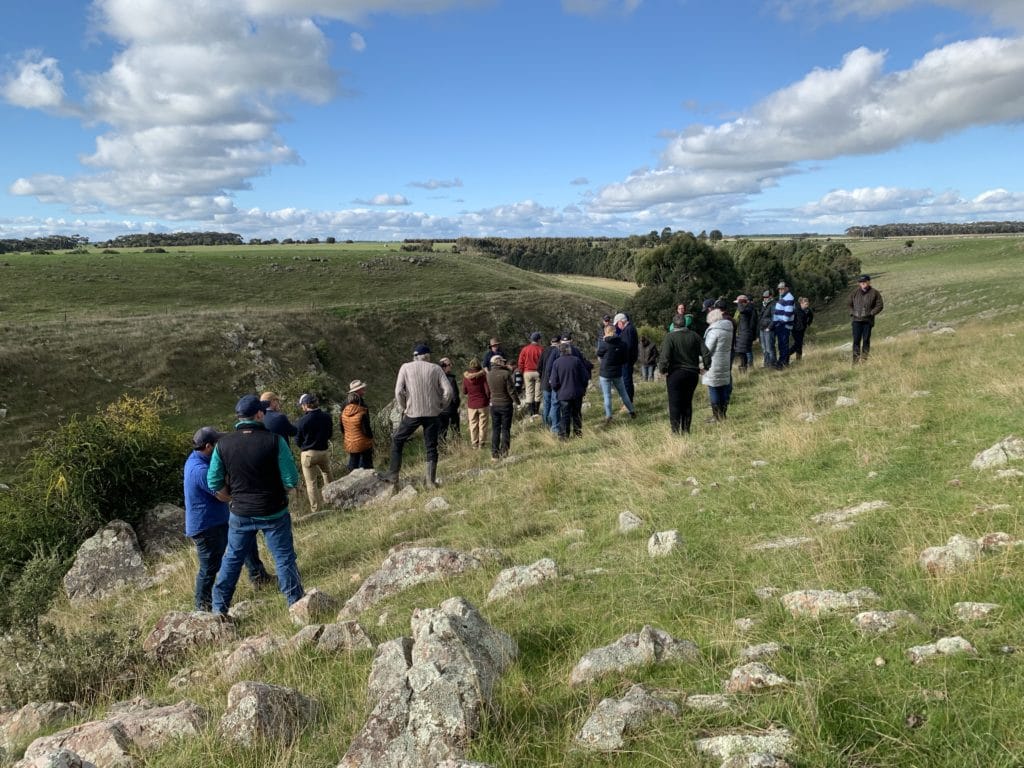

Citizen science opportunity – contribute your observations
Have you noticed some interesting flora or fauna in your area?
If you would like to share your observation with others, consider contributing to one of the largest citizen science projects in the world.
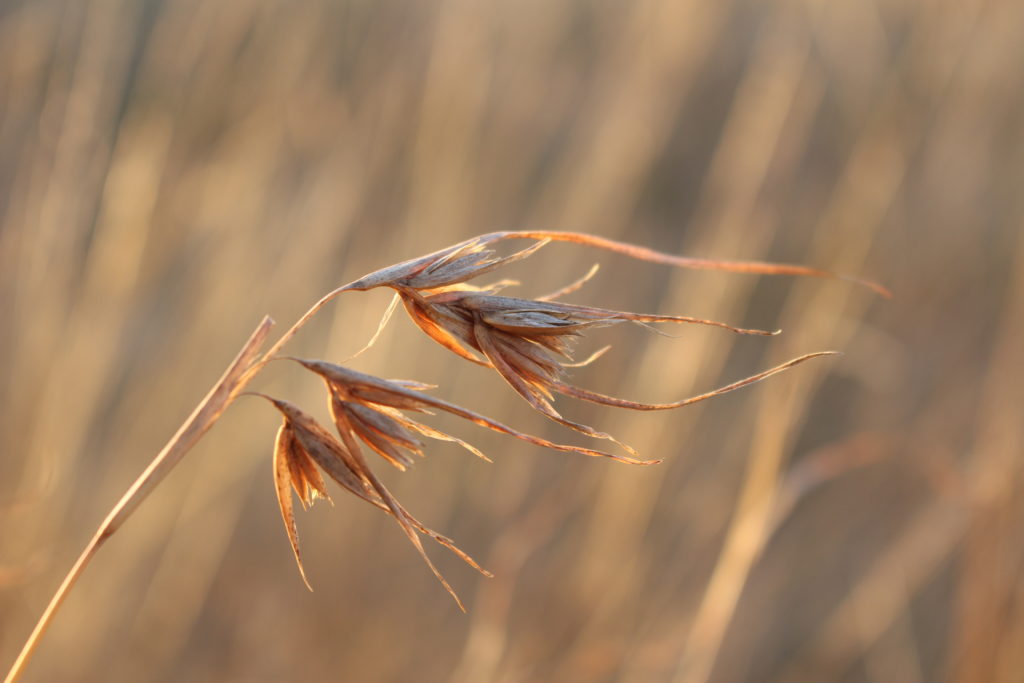
iNaturalist is one way to record your data and contribute to a broader understanding of naturally-occurring organisms in our environment. It’s really easy to use and there are several great reasons to use this app:
- You don’t need any fancy equipment – use your phone or tablet to take a photo and record your observation.
- You get feedback about your observation and can learn the name of the organism and have access to more information about it.
- You can create your own lists and keep track of your observations.
- Your data can be included in the Atlas of Living Australia so that scientists can find and use your data.
Every observation can contribute to biodiversity science, from the rarest butterfly to the most common backyard weed.
Go to the iNaturalist website to find out more about the program and sign up: https://www.inaturalist.org/
The Upper Hopkins Land Management Group has a few projects started in iNaturalist to record nature in our area and there are still a lot of gaps to be filled in.
Click on a link to join one of our projects:
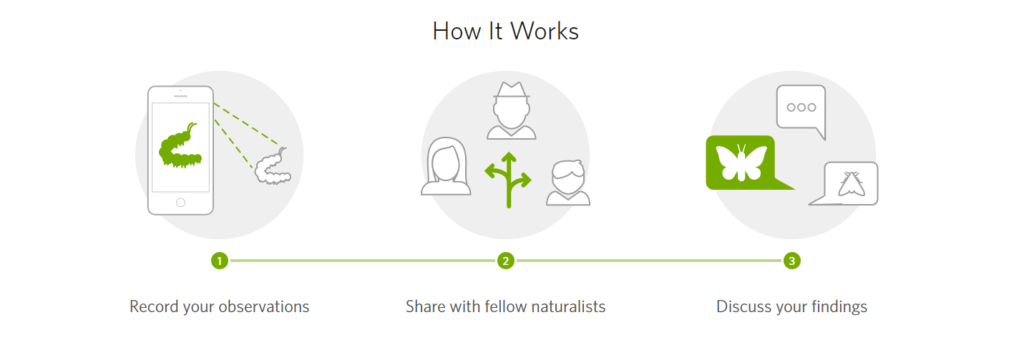
Urban Trees
Nick Moll, Project Officer (Ararat Landcare Group)
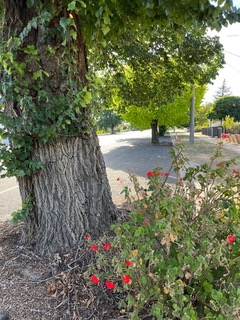
Did you know that 80% of a tree’s cooling ability comes from the shade it creates? Or that street trees can decrease daytime temperatures in summer by between 5oC and 20oC? As our summer days get hotter, we think these stats are pretty cool.
Over the past few months, the Ararat Landcare Group has been working hard to get the conversation started about the benefits of urban trees in our streets. Partnering with Ararat Rural City Council and our neighbouring Landcare groups in Beaufort and Stawell, we are working to create a yearly tree planting program that will slowly green our streets and help create shade in the years ahead, as our climate continues to warm.
After the release of an initial survey to get the word out about urban trees and get your thoughts on them, we are now working on creating a booklet and a series of short videos to get everyone thinking about street trees.
With a lot of work going on behind the scenes, our next big project is creating demonstration planting sites in Ararat. The community is welcome to join us to help plant out three streets in July. Keep an eye out for information from your Landcare group and the Ararat Rural City Council for more details.
“Urban Trees – making choices for a changing climate” is supported by the Victorian Government and funded through the Sustainability Fund – Supporting Our Regions to Adapt program.
New research finds that fencing farm dams halves methane emissions
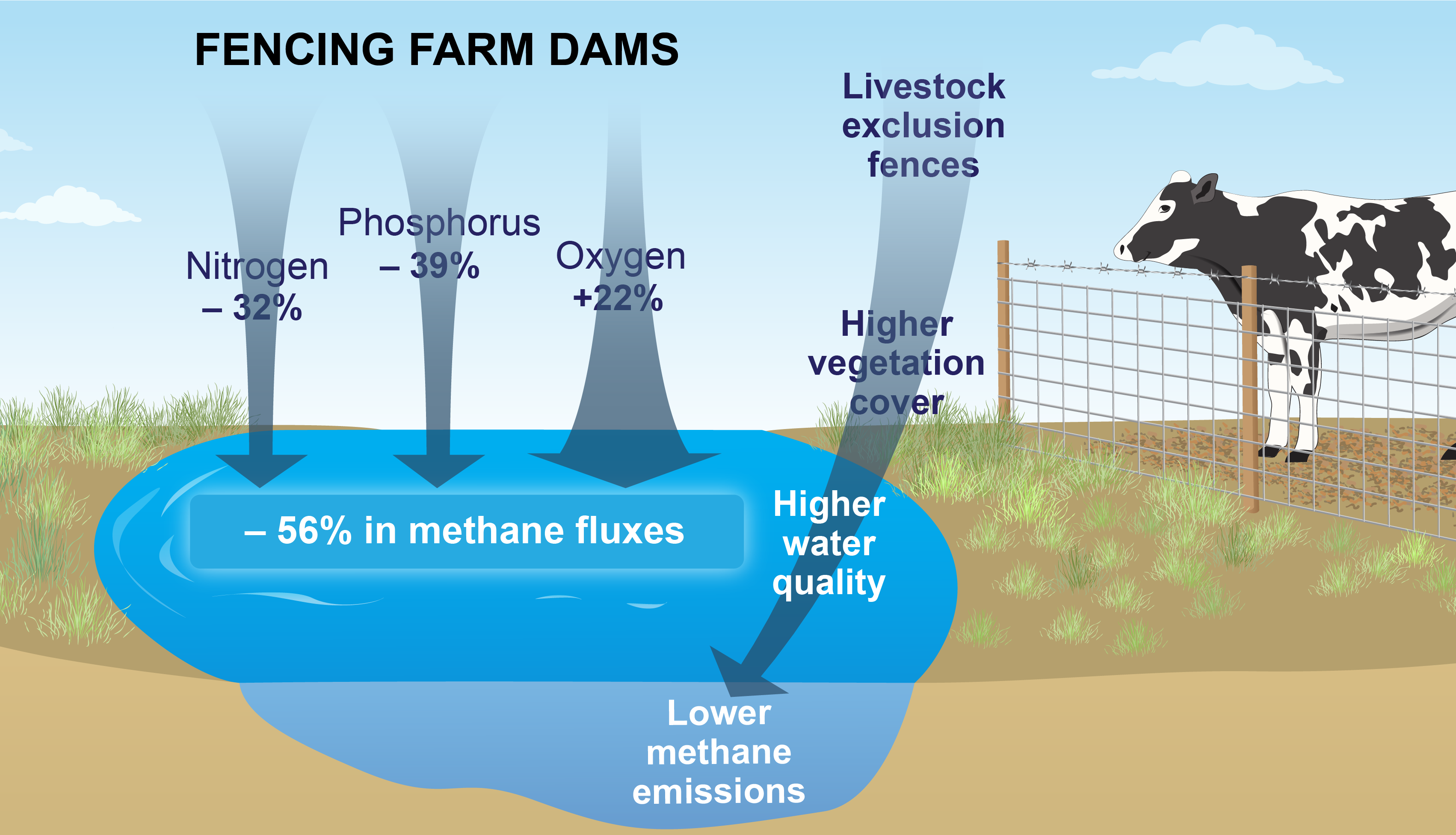
In their latest research, published in the prestigious journal Global Change Biology, Deakin University’s Blue Carbon Lab collaborated with Sustainable Farms to investigate whether greenhouse gas emissions from farm dams could be reduced through simple management actions.
Dr Martino Malerba from the Blue Carbon Lab compared unfenced farms with fenced farm dams at sites that are part of the Sustainable Farms research program, and found the fenced dams produced fifty-six per cent less methane than unfenced.
“This is a huge difference and clearly shows that very simple management actions can drastically improve the dam water quality as well as decrease methane emissions, contributing to more productive and sustainable farming,” says Dr Malerba.
Editor’s note: Are you interested in a project to enhance your farm dam? We are investigating funding opportunities to support biodiversity enhancement of farm dams in our region. Please contact Ayesha Burdett to register your interest: facilitator@UpperHopkins.org.au.
Regenerative Agriculture sheep farmers in Australia needed!
The University of Tasmania are looking for 4 sheep farmers nationally who have recently adopted regenerative agriculture practices to improve sustainability, to participate in a 2-year study aims to ‘co-develop profitable, sustainable, practical pathways for reducing farm greenhouse gas (GHG) emissions, improving profitability and biodiversity of sheep farms’.
The study defines regenerative agriculture as ‘a philosophy that aims to improve soil health, biodiversity, nutrient cycling and carbon content by reducing soil tillage, reducing use of synthetic fertilisers, improving ground cover through use of multiple pasture species and implementing short-term rotational grazing management practices, but definitions vary’.
‘Participants will receive farm-specific reports with scientific information on whether engaging in carbon farming (ACCUs) or biodiversity markets would be economically or environmentally worthwhile endeavours. The total value of this information to the participant would be worth over $50,000’.
If you are interested in participating, please send the following to A/Prof Matthew Harrison: matthew.harrison@utas.edu.au.
More information is included in this document:
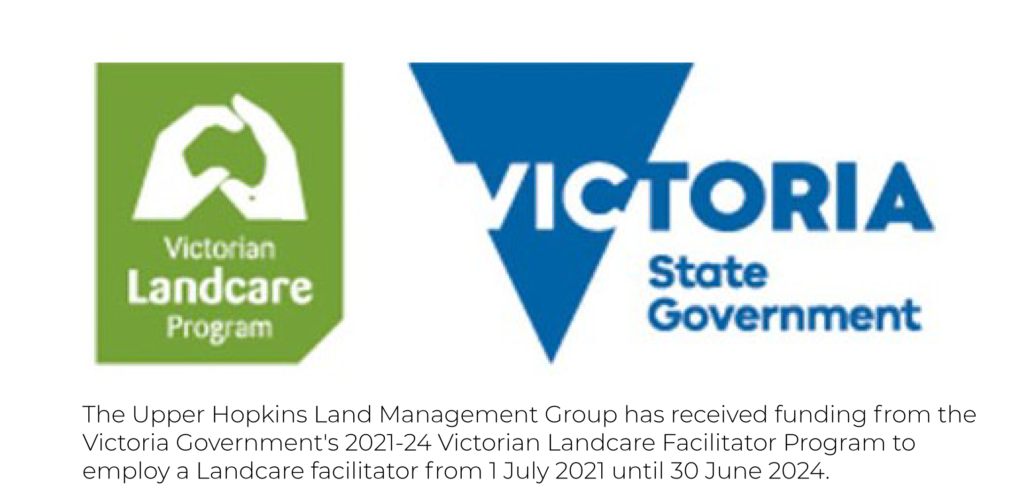

Meanderings and reflections
Winter has finally set in with a run of cold weather and wet days. There has been enough rain to make the paddocks wet and put a little bit more water in our creeks. Still, the salinity levels are about the same as March and the rivers are still flowing fairly slowly. Turbidity is generally low, indicating that there has not been a lot of runoff from the landscape yet.
Driving around the region for water monitoring in the Upper Hopkins and Fiery Creek always gives me a good chance to think about how the catchment works. We don’t include wetlands in our surveys (other than Lake Buninjon and Lake Bolac), and I wonder how the smaller farm swamps work together to capture runoff or filter water before it reaches the creeks and rivers. Following a recommendation from a Landcare member, I just bought Natural Asset Farming, a new book from the Sustainable Farms research group. There are chapters dedicated to farm dam restoration and protecting creeks, wetlands and riparian zones – it will be interesting to see how this translates to our landscape!
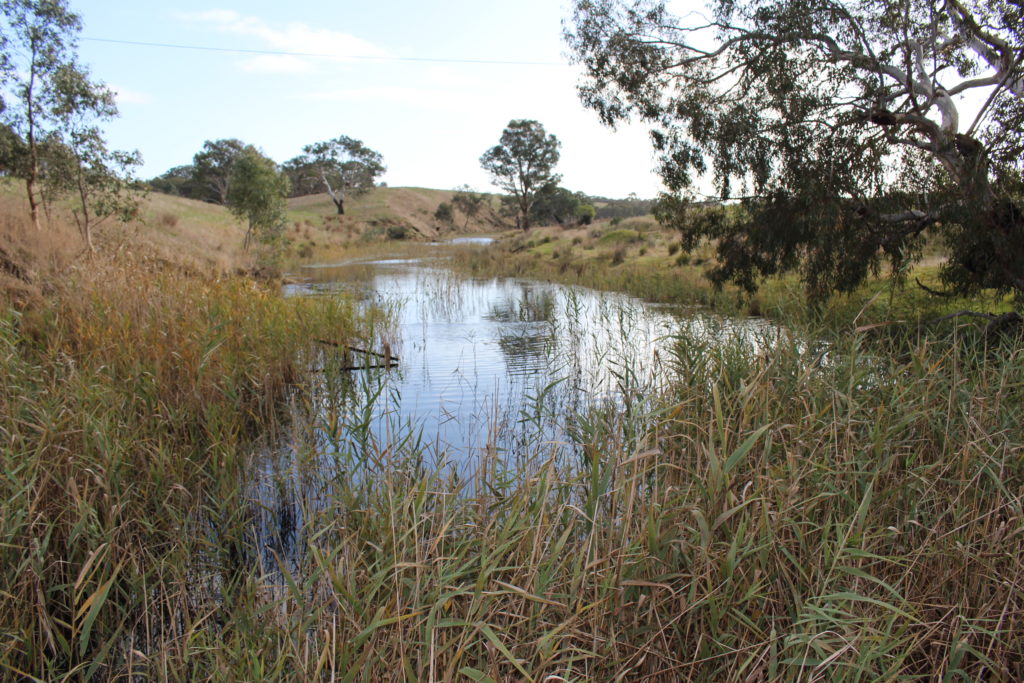
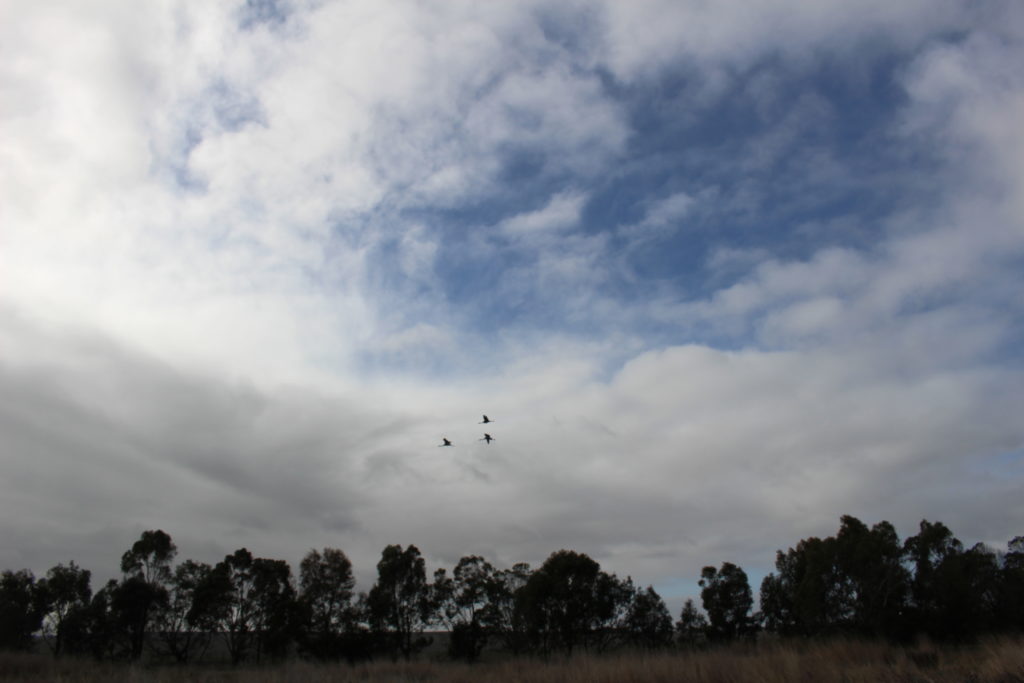
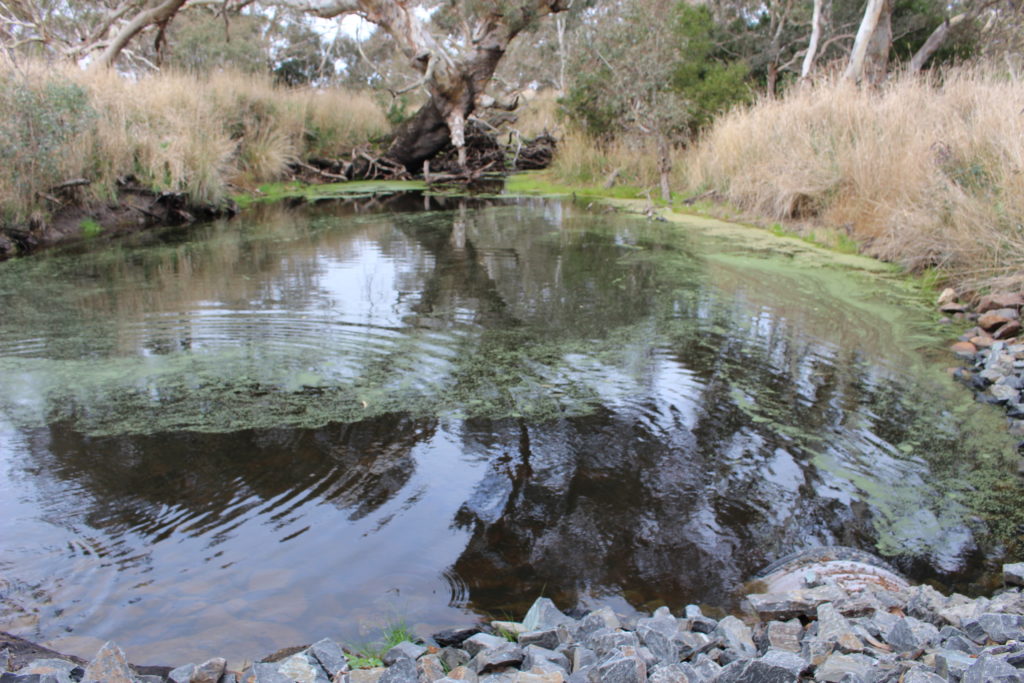
Water monitoring results
You can view the EC data in the table below, or click on the link to download a file. Numbers in bold exceed 6,000 EC μS/cm.
EC levels for livestock water supplies. Value given in brackets for each type of livestock is the EC level at which production decline begins: Beef cattle (6,200 EC μS/cm), lactating ewes and weaners (6,000 EC μS/cm), dry sheep (9,300 EC μS/cm)), horses (6,200 EC μS/cm), Pigs (3,100 EC μS/cm), poultry (3,100 EC μS/cm).
